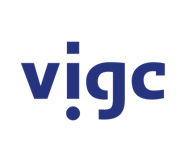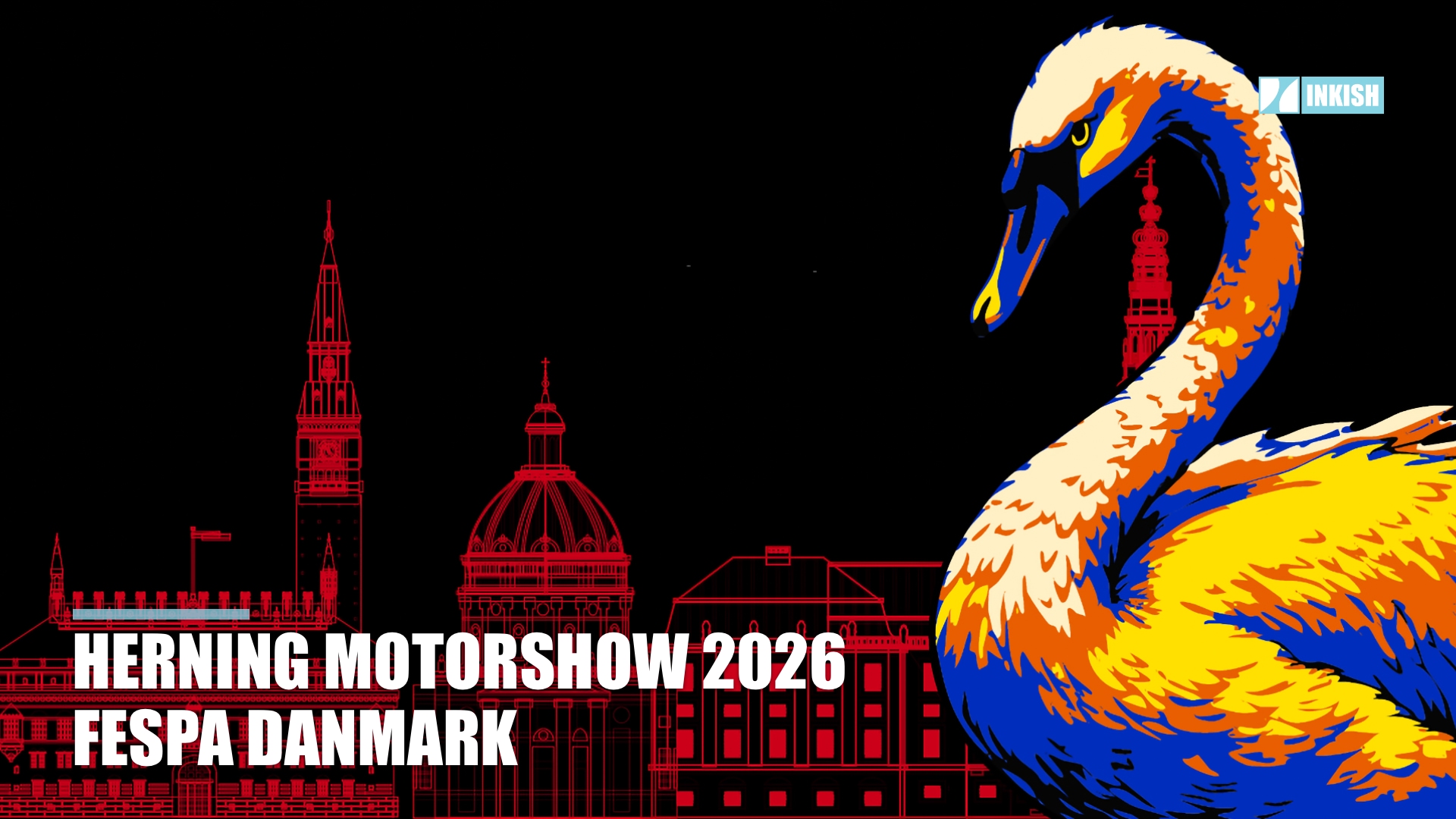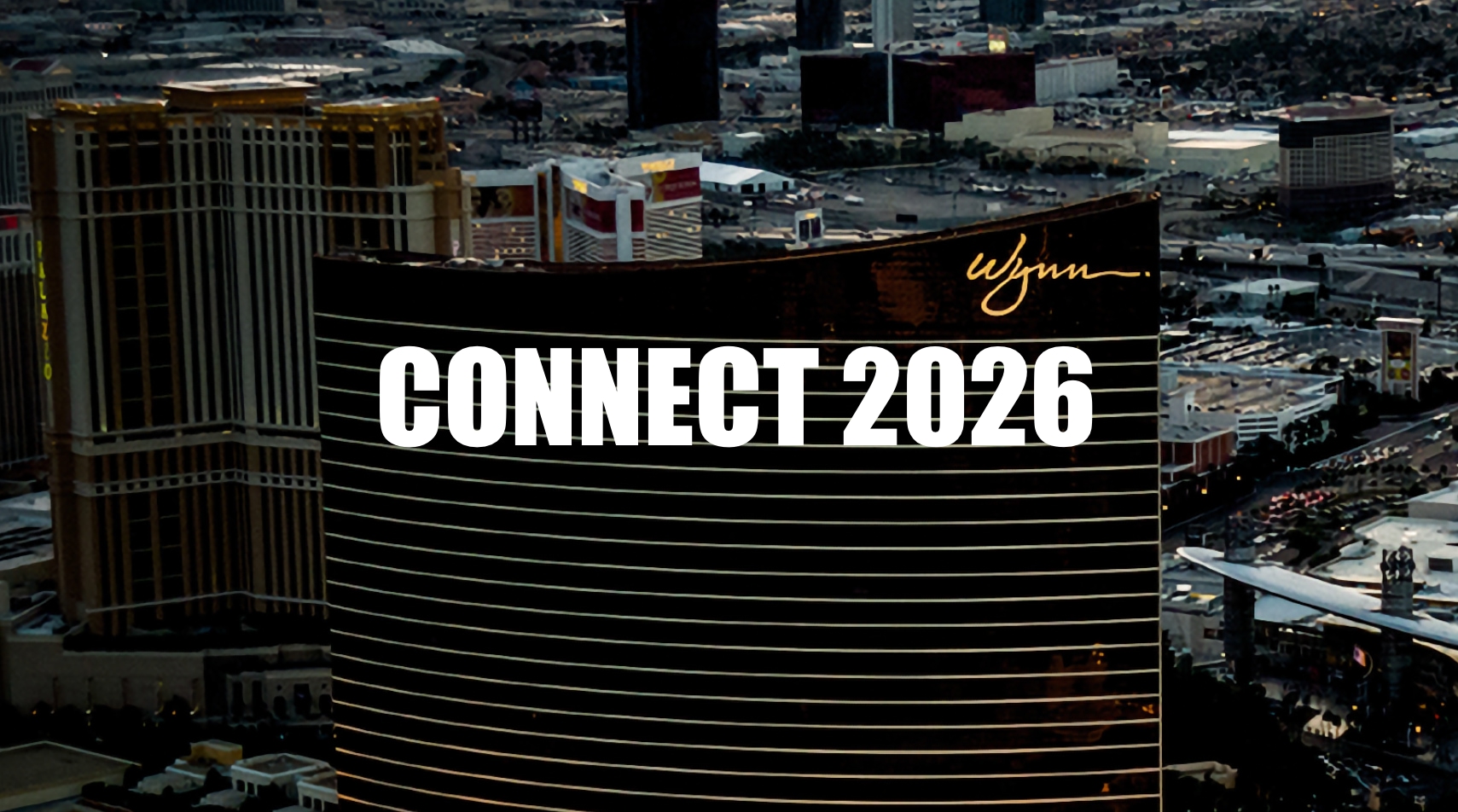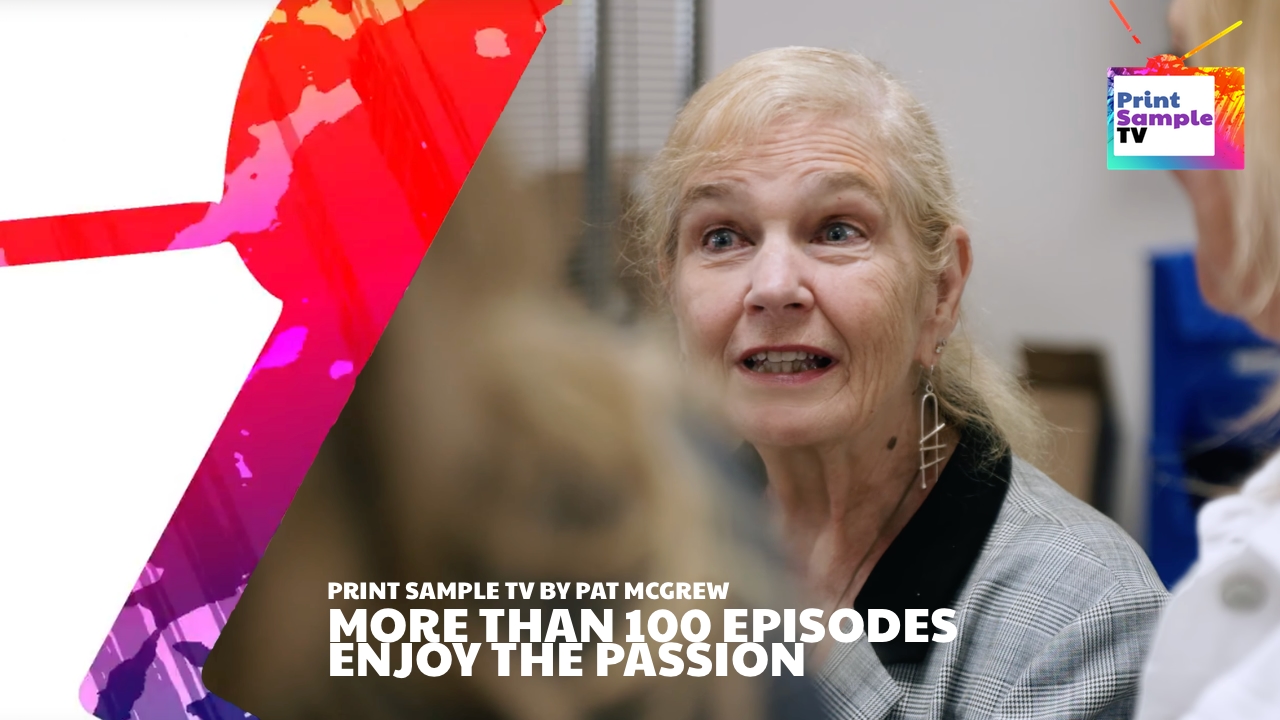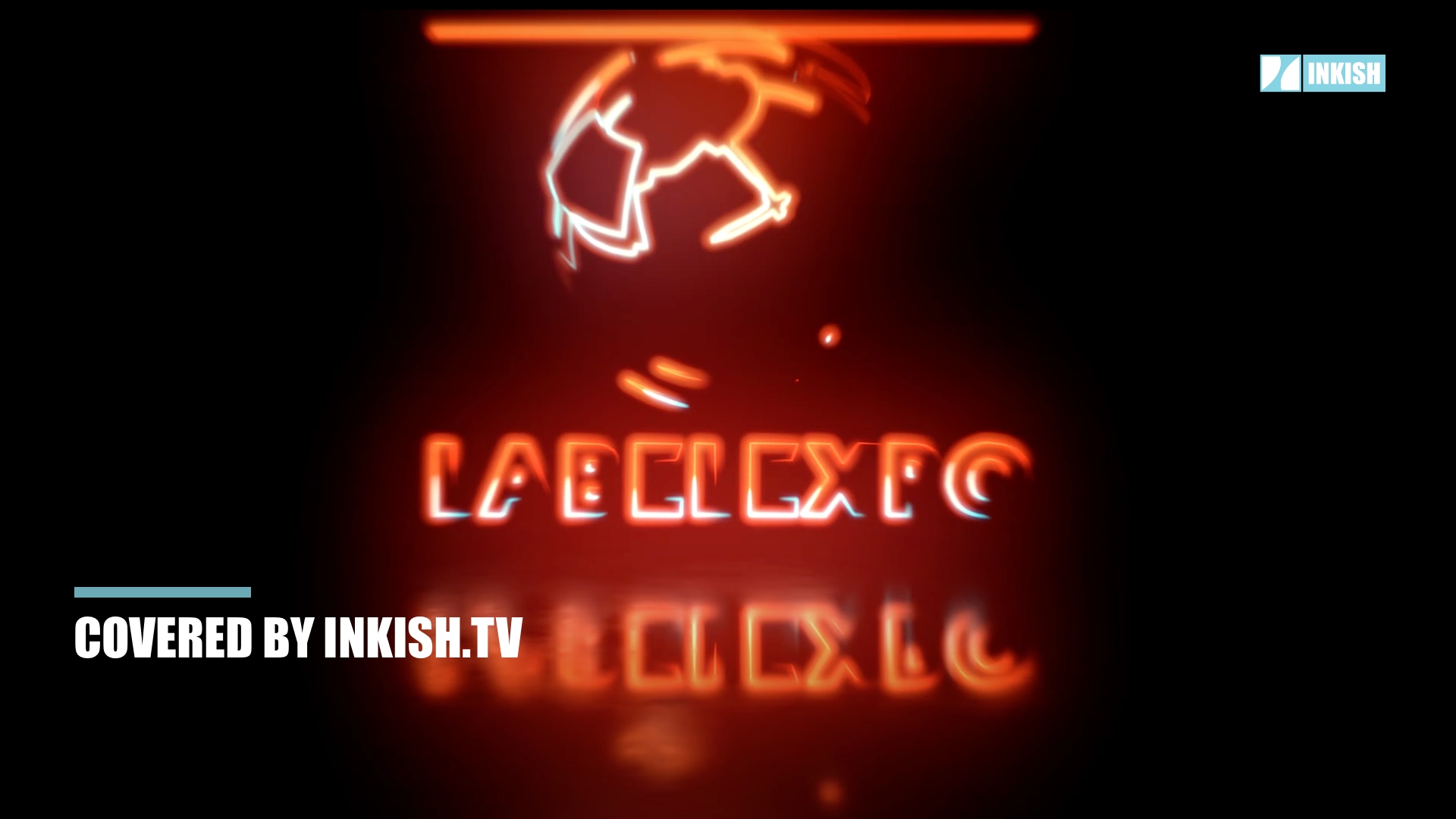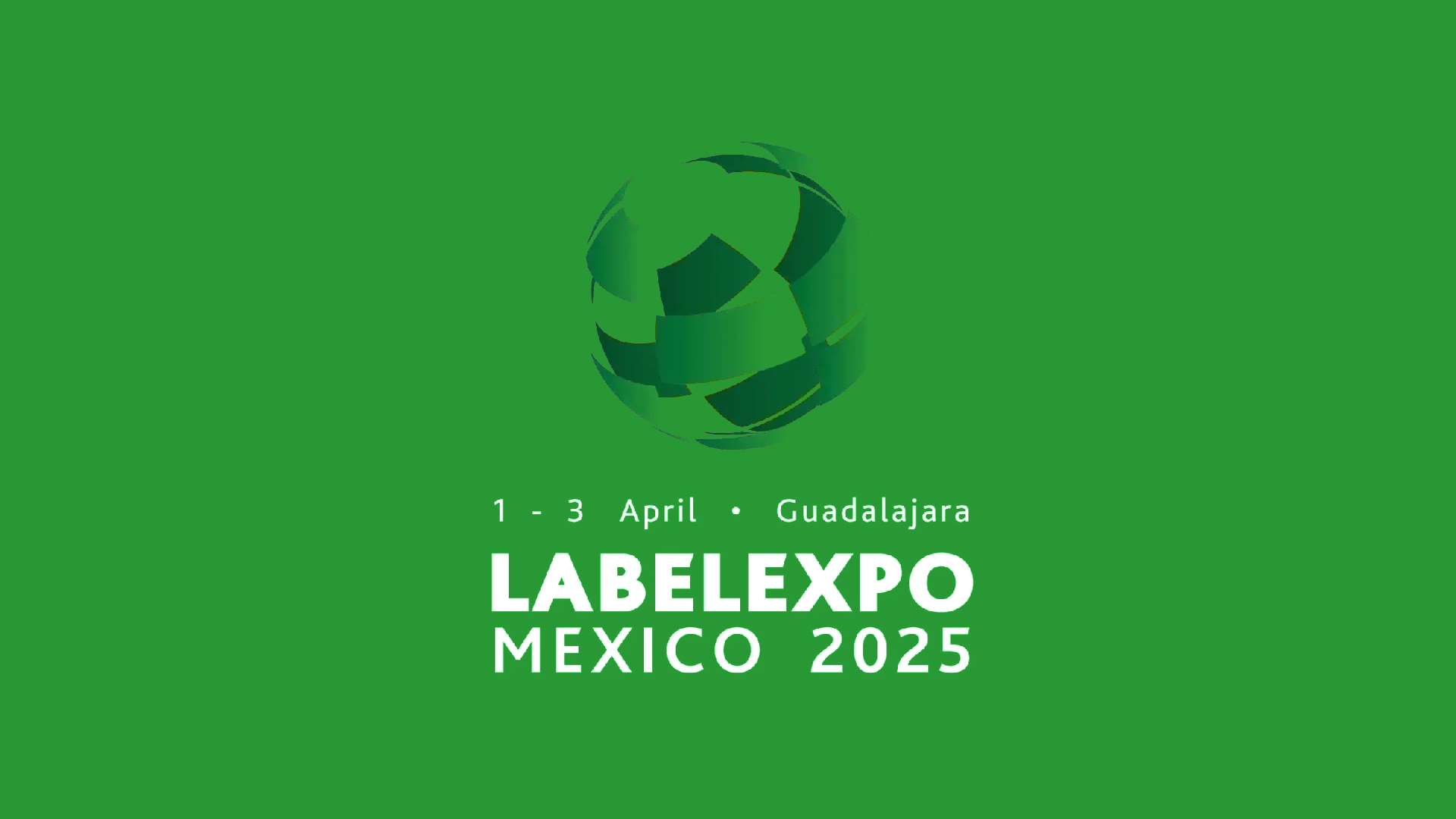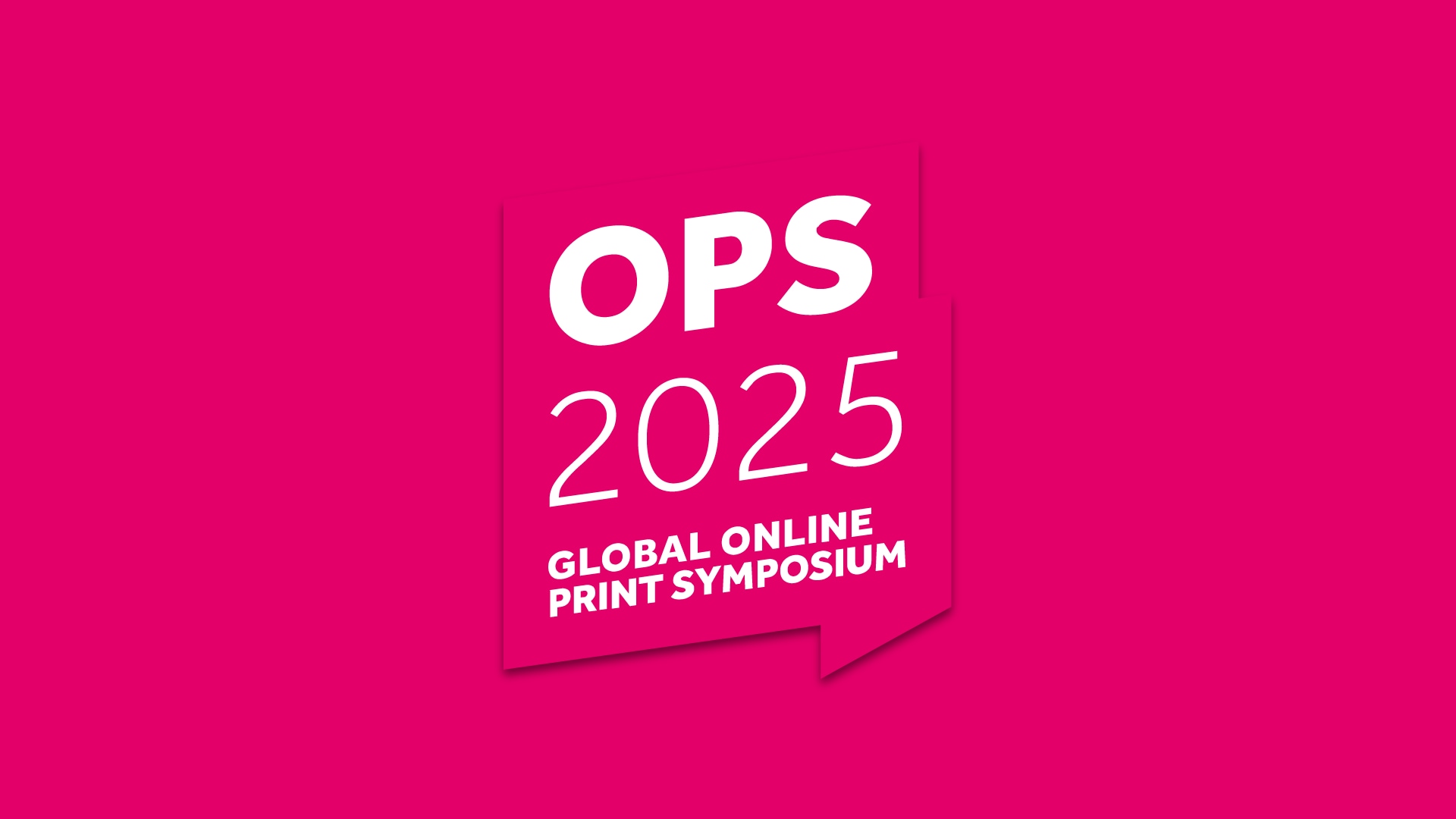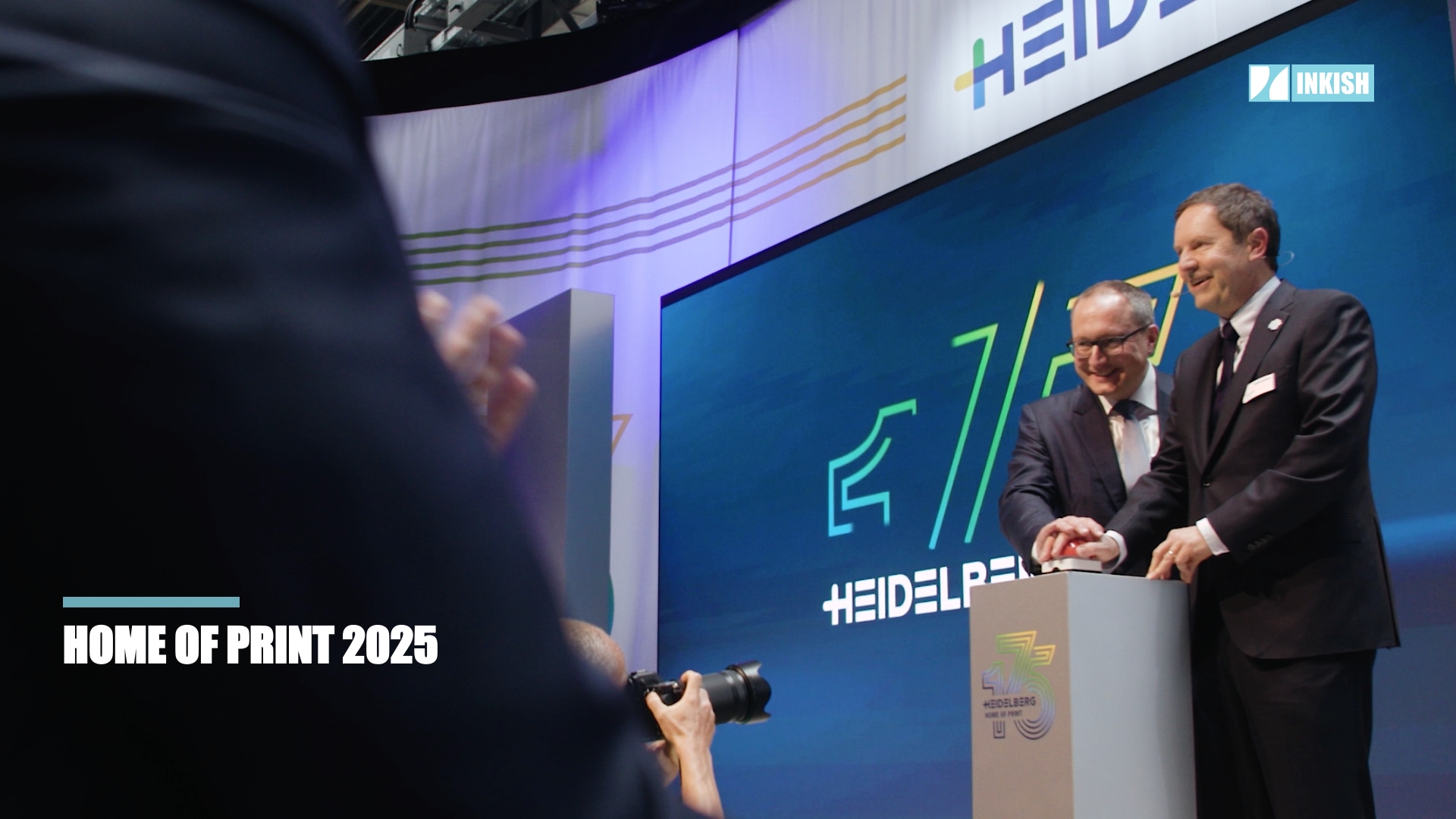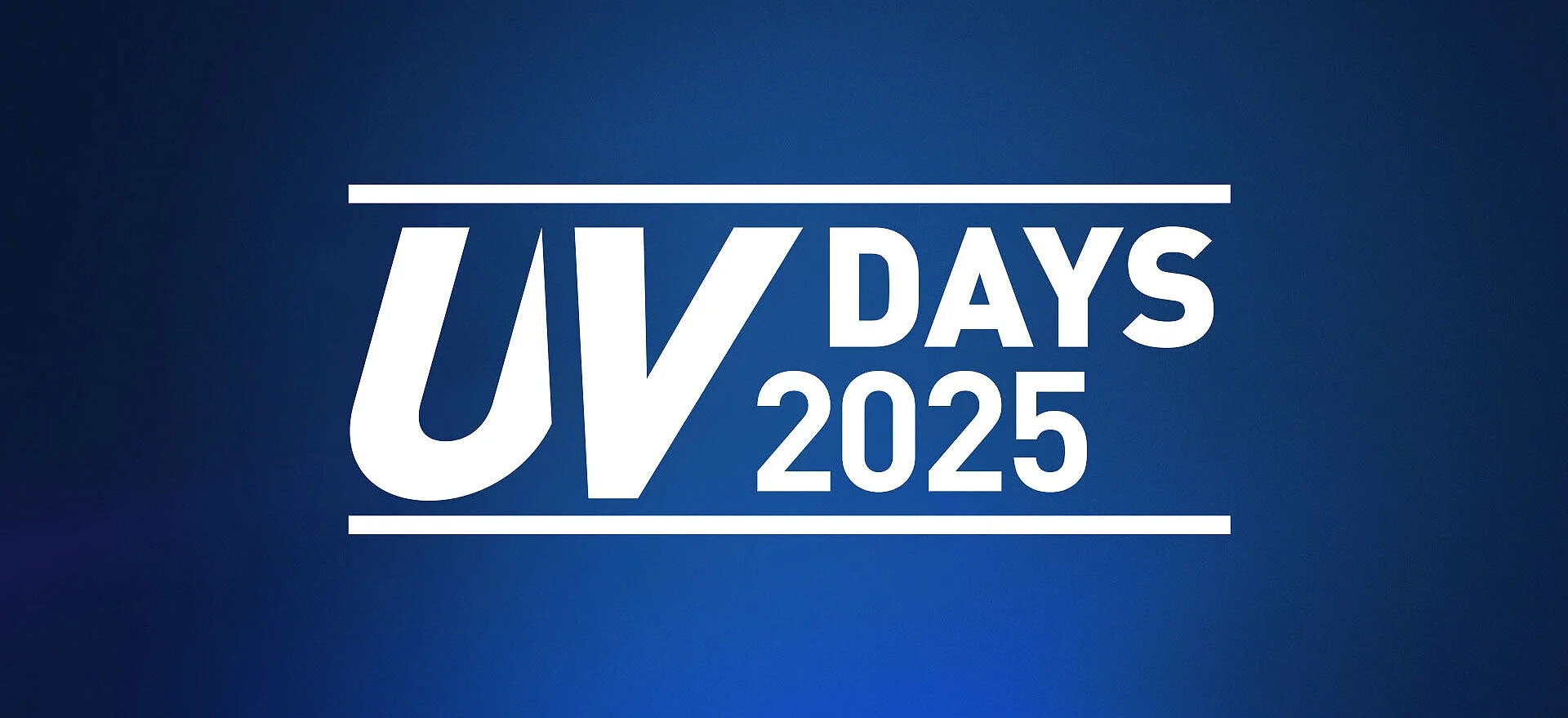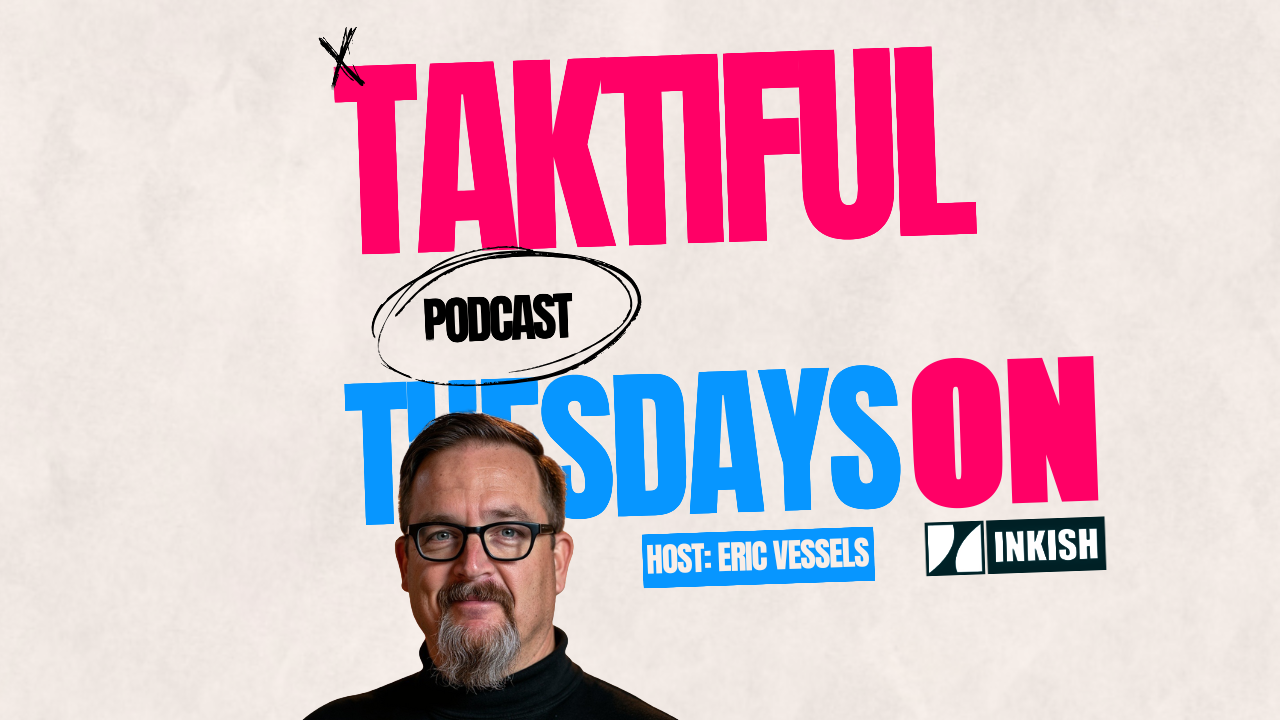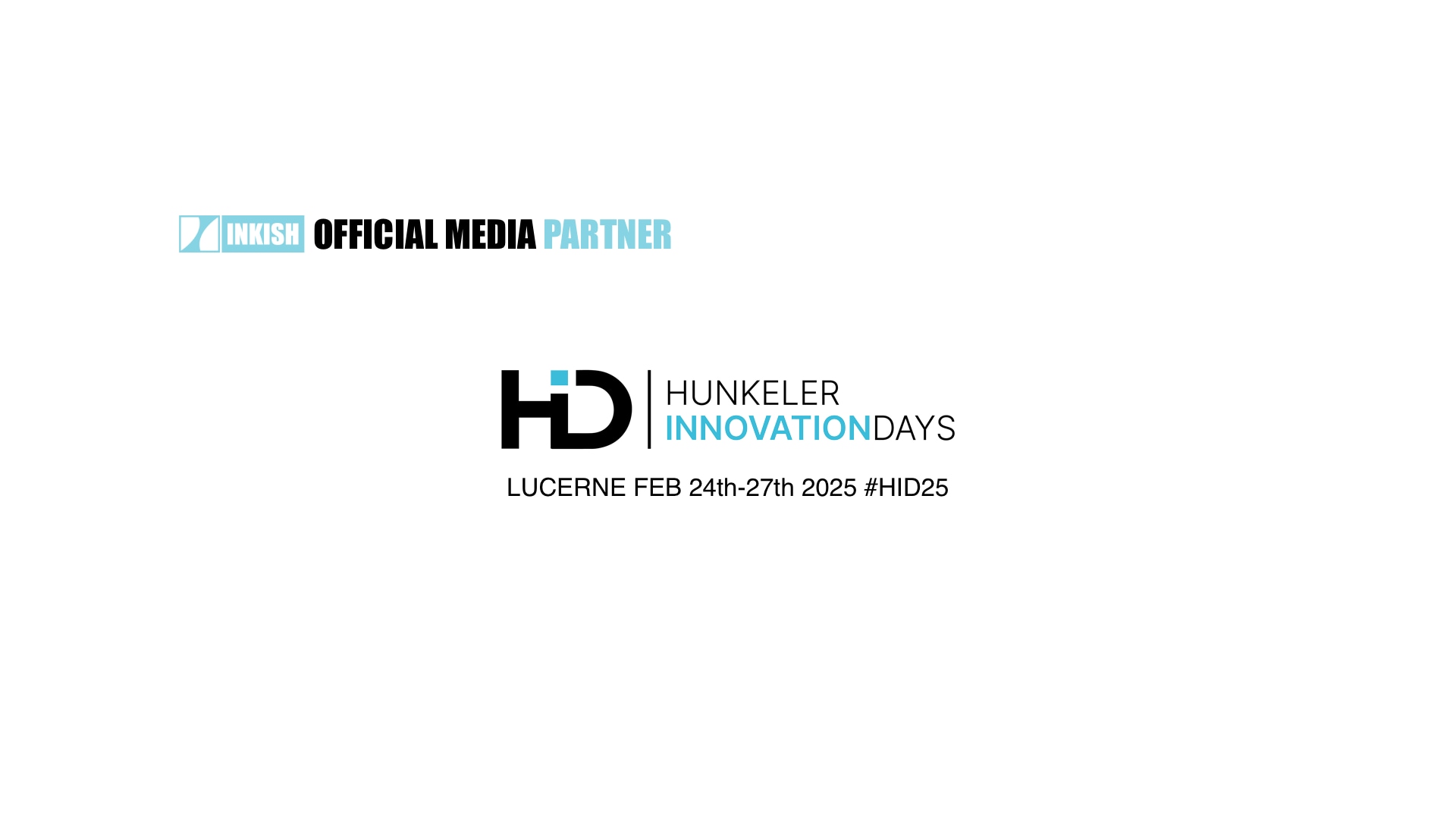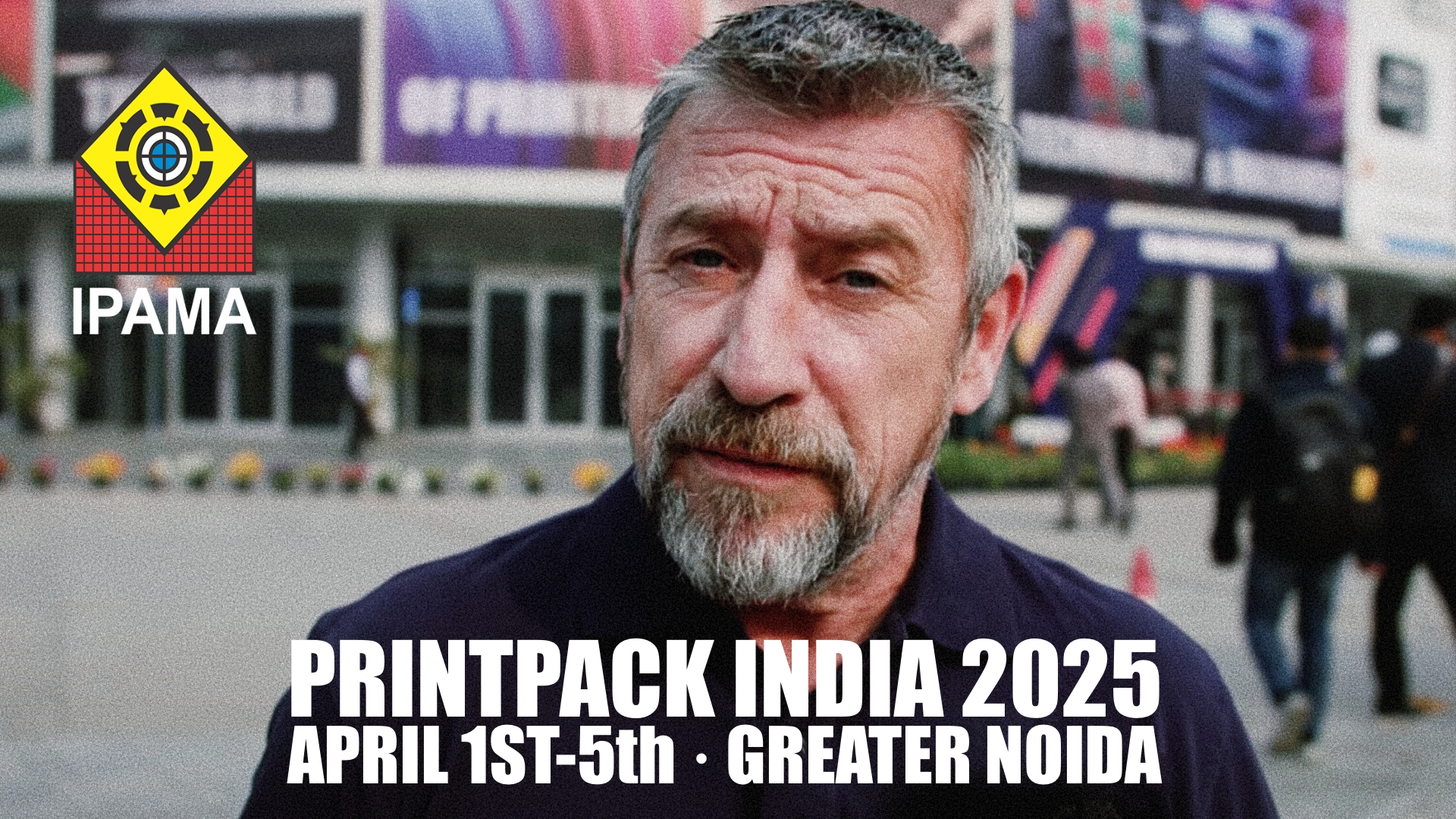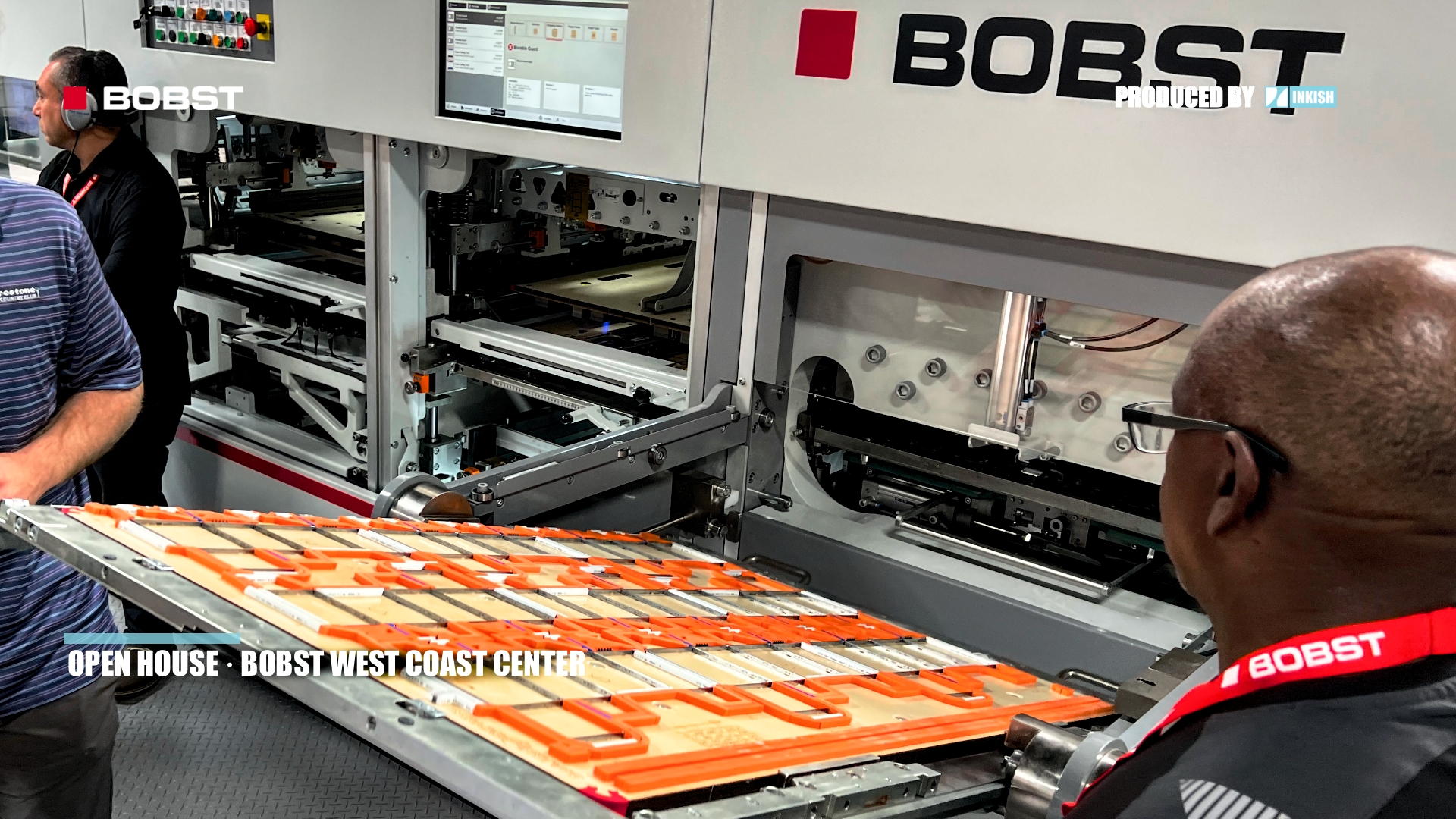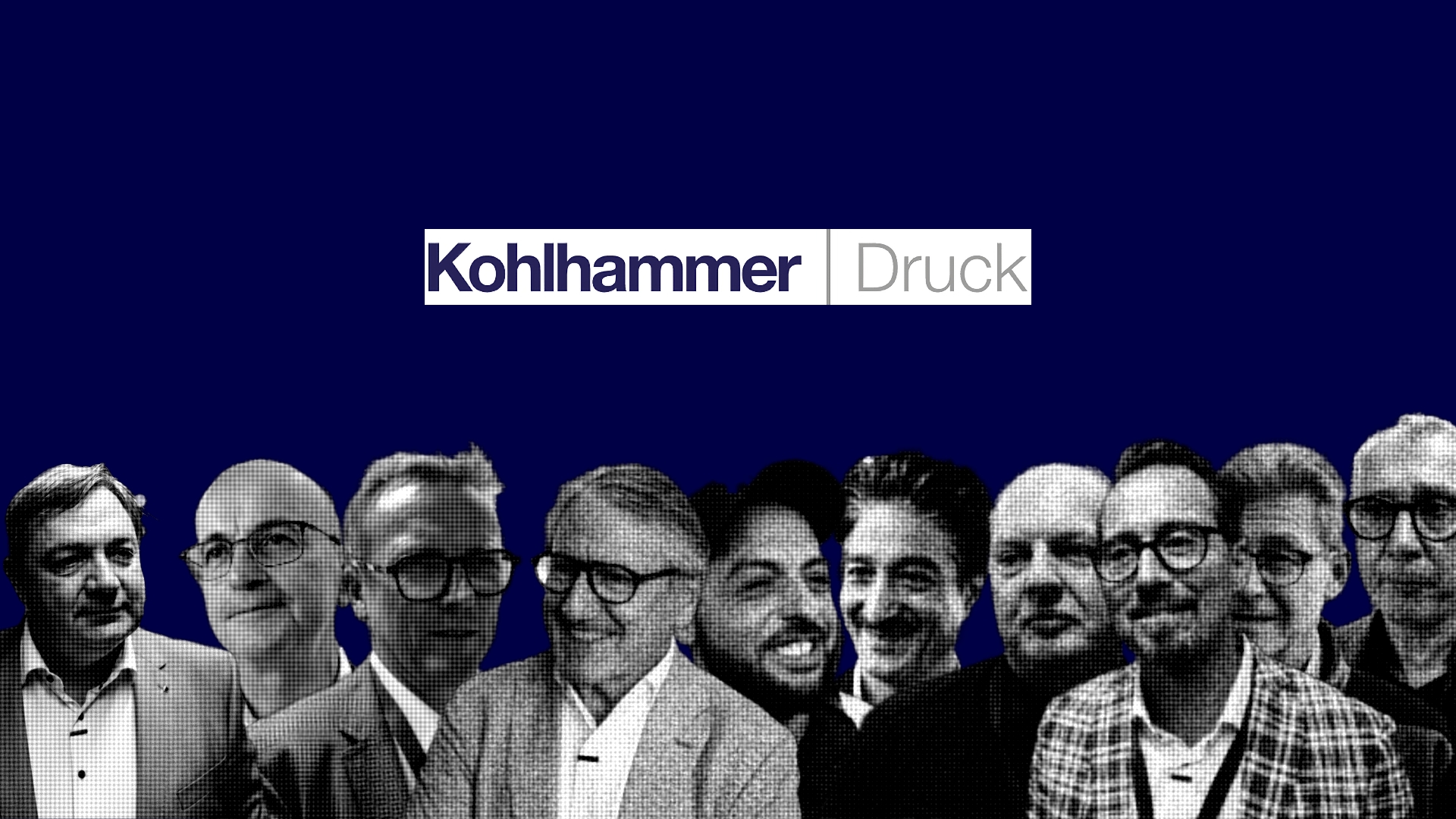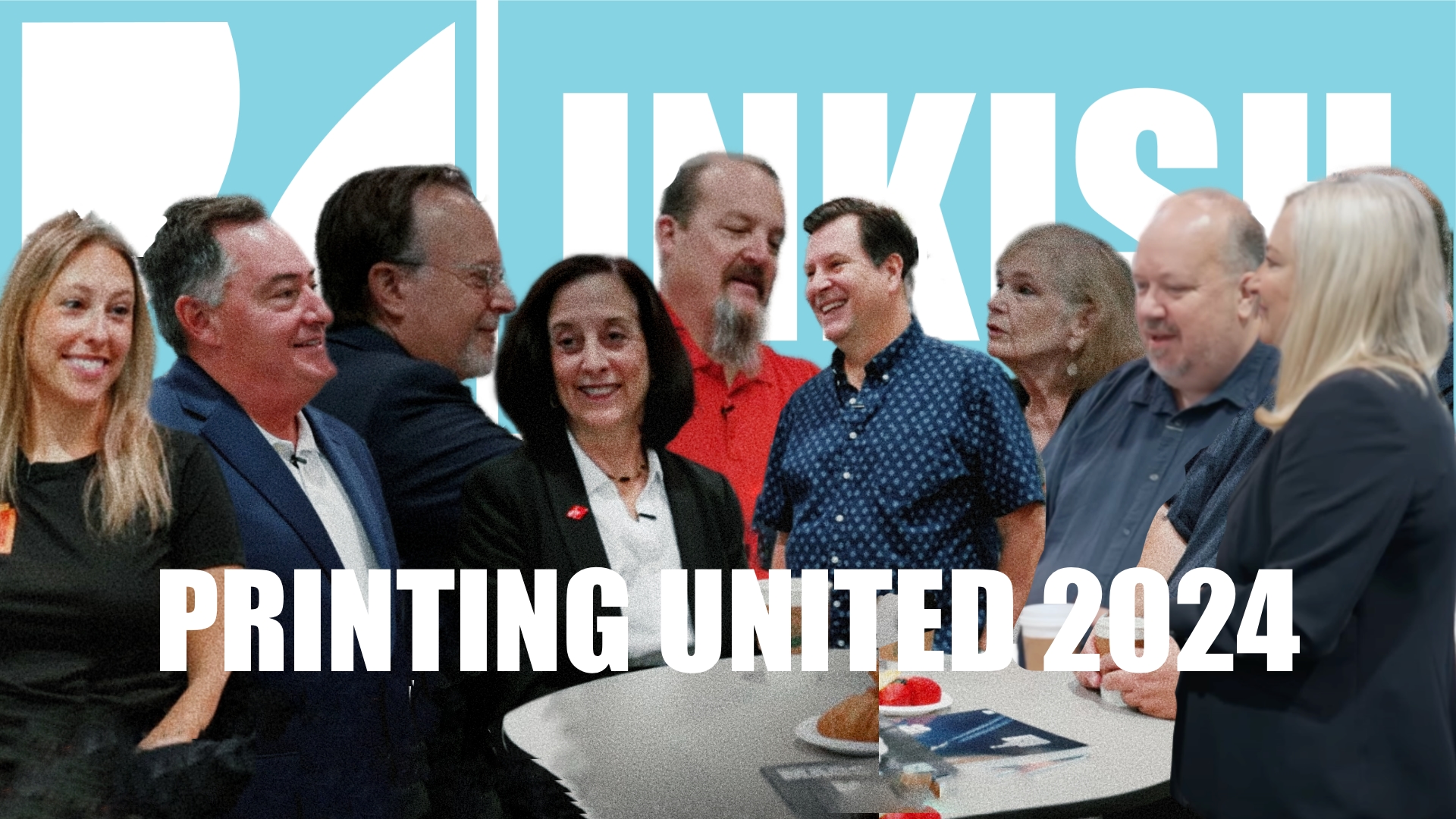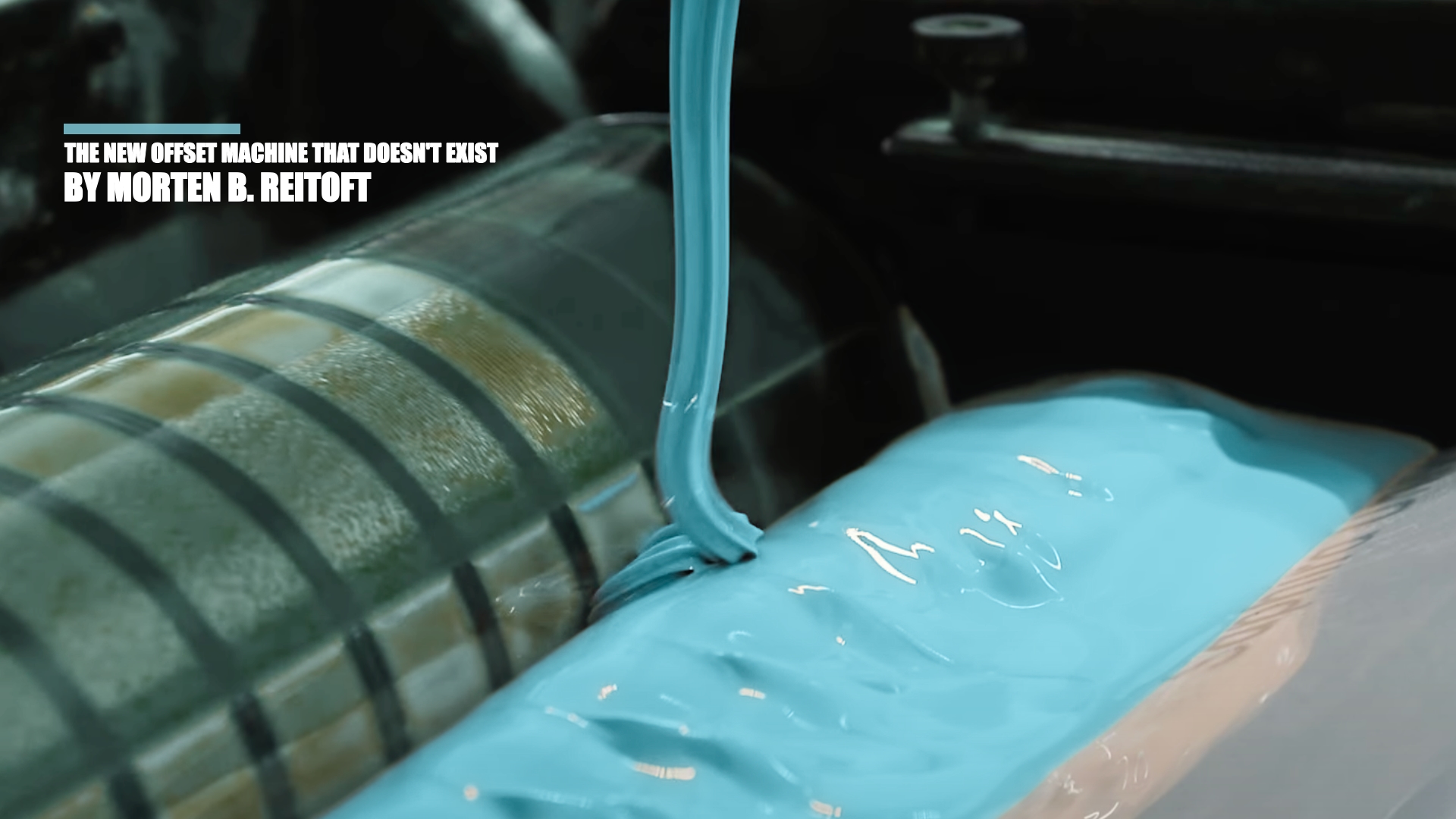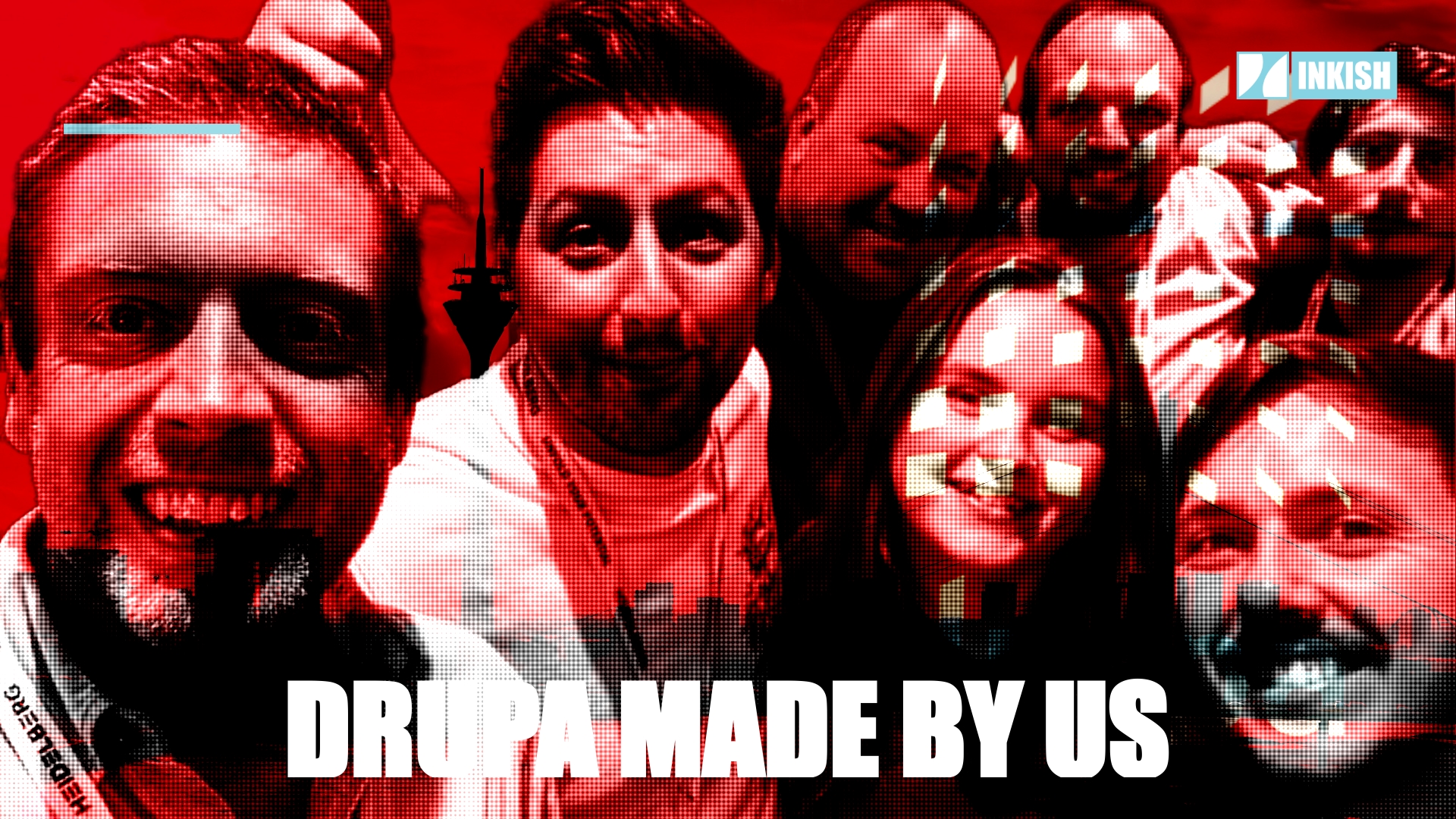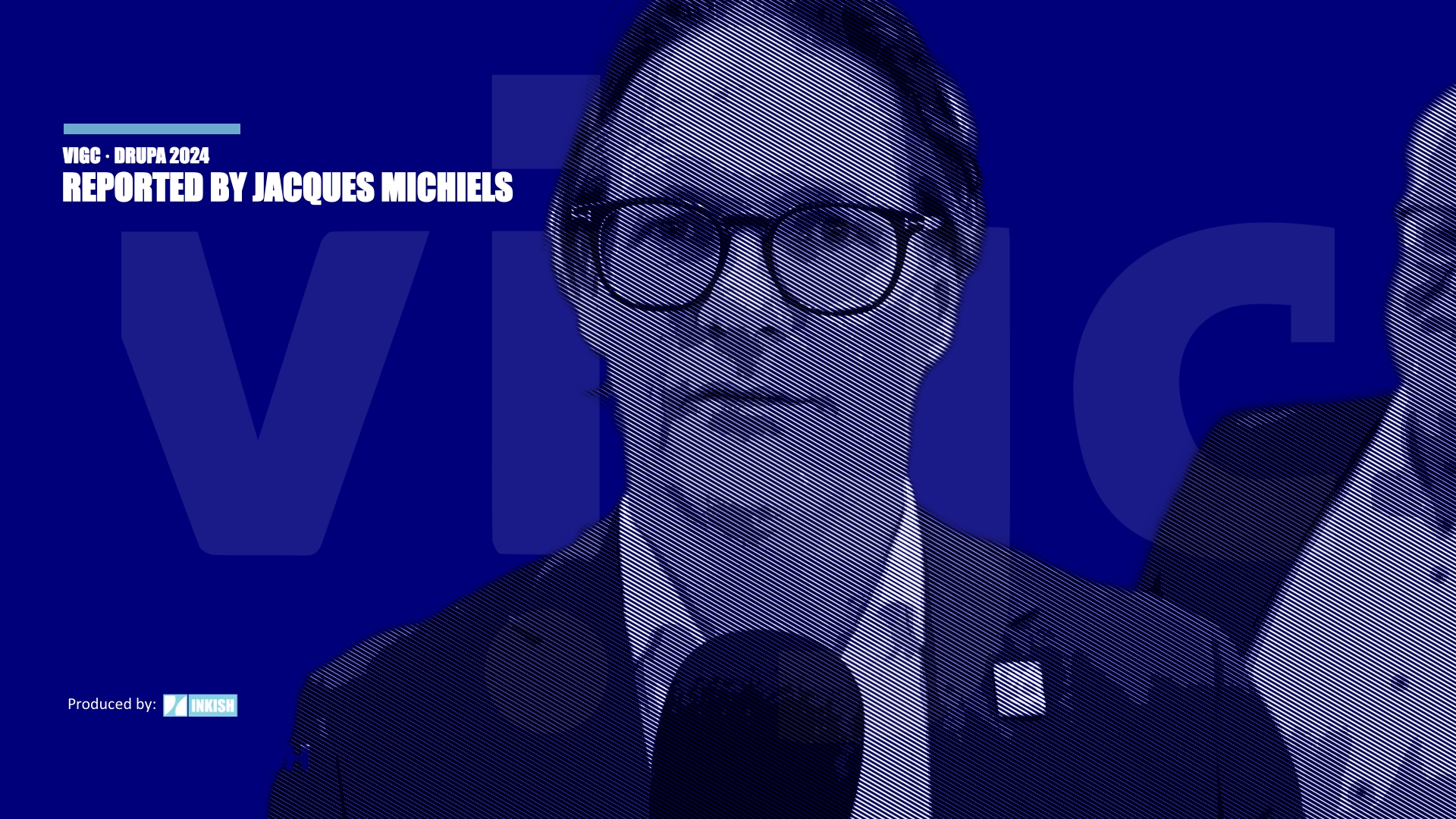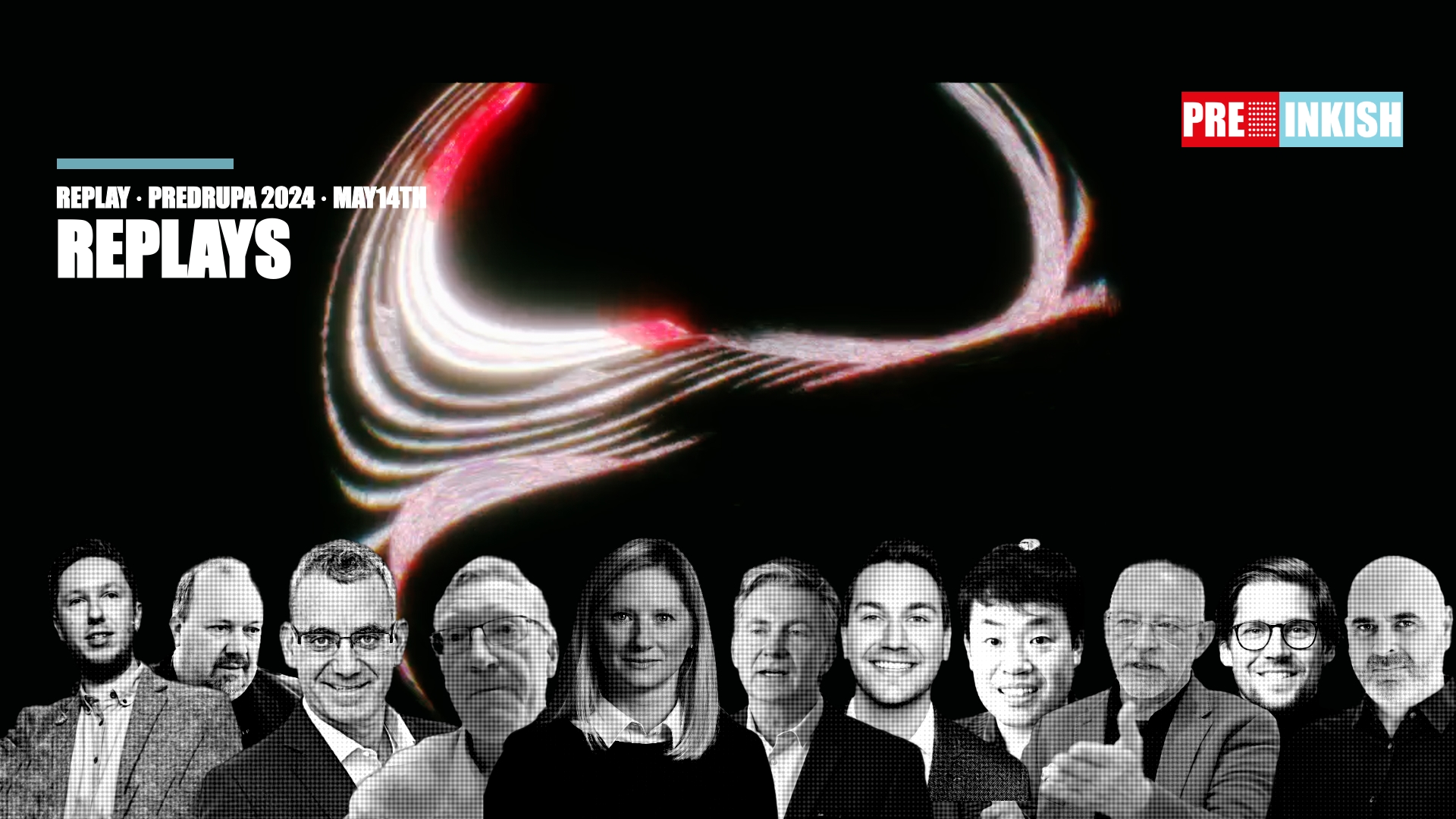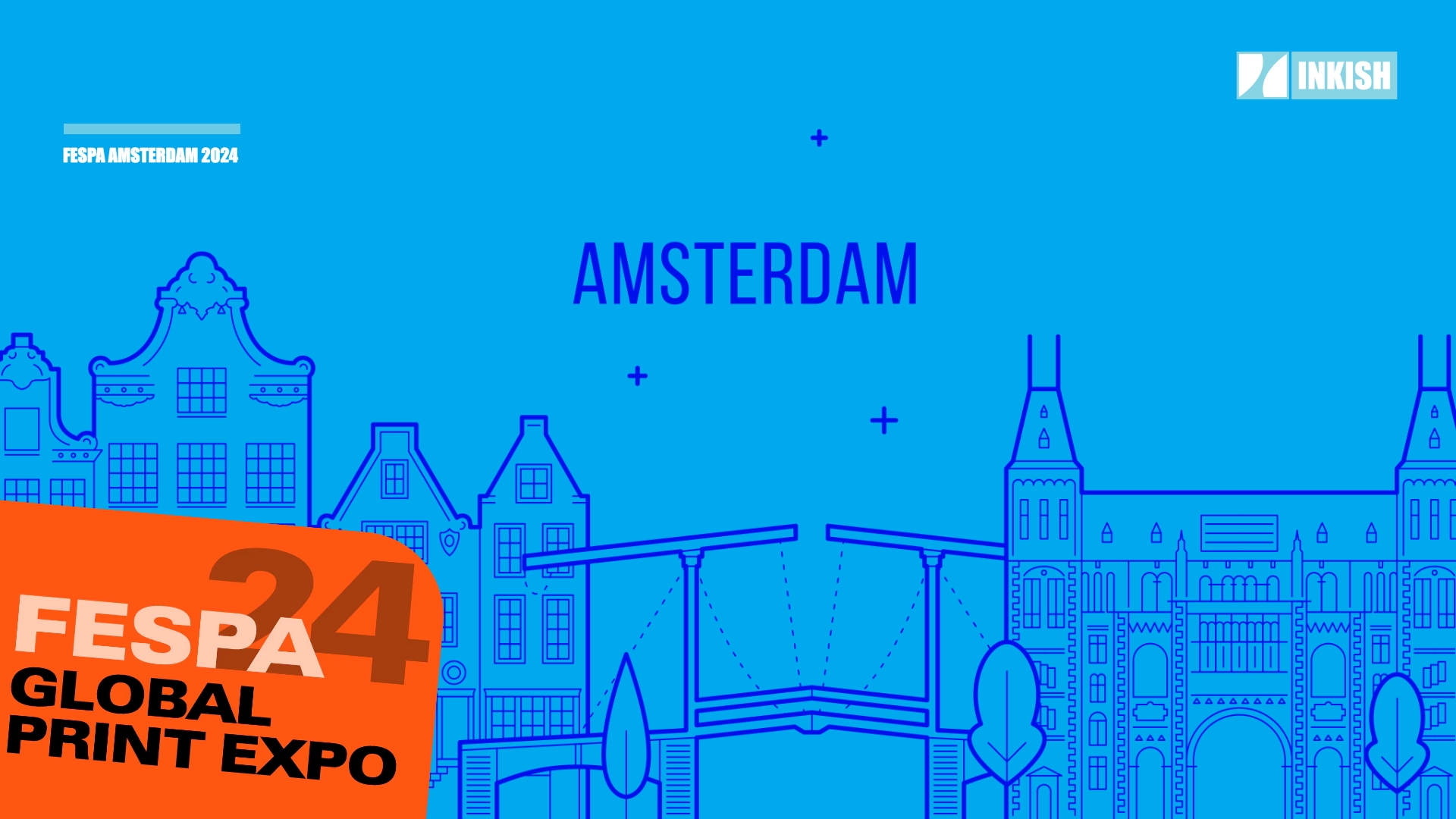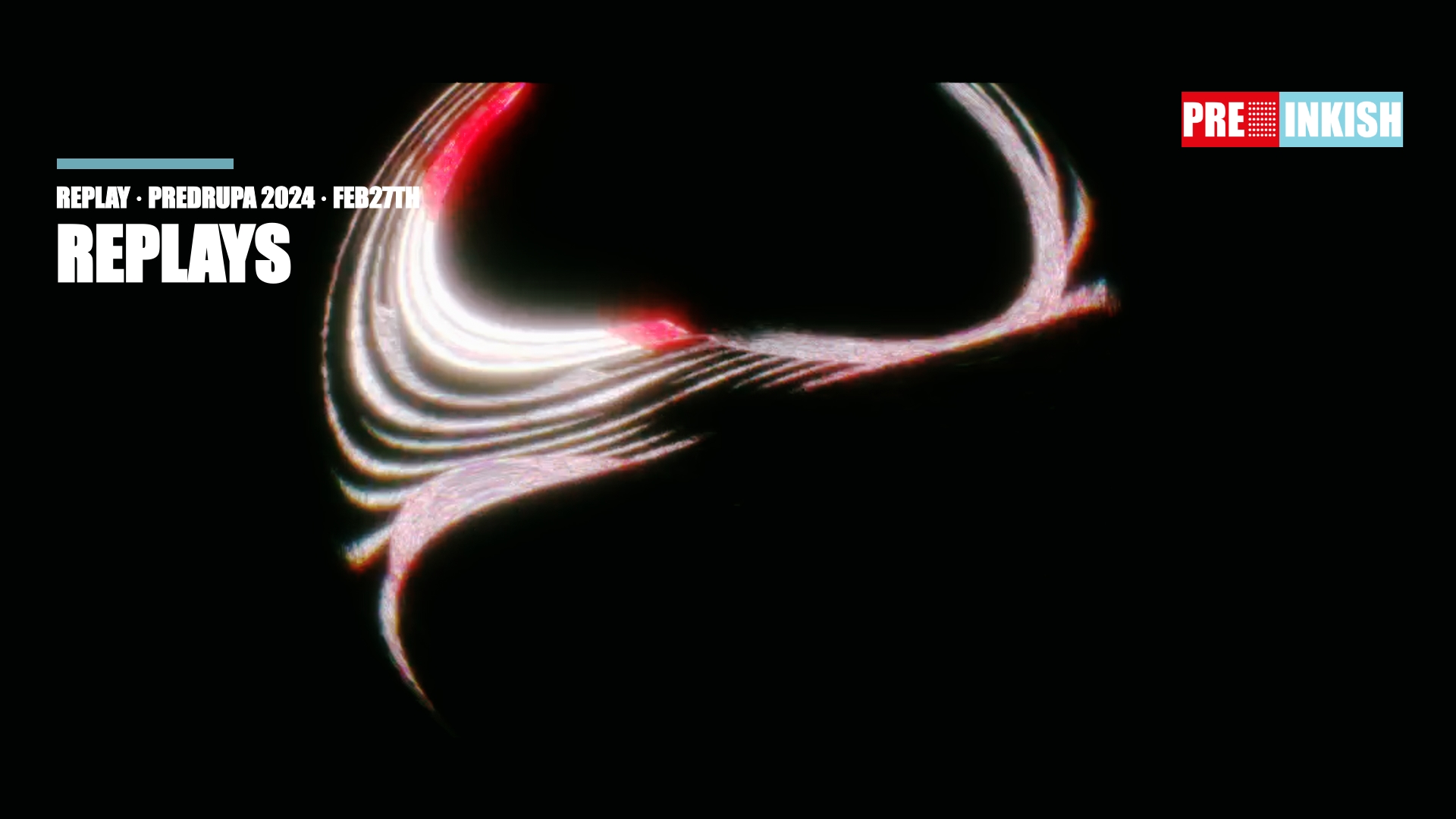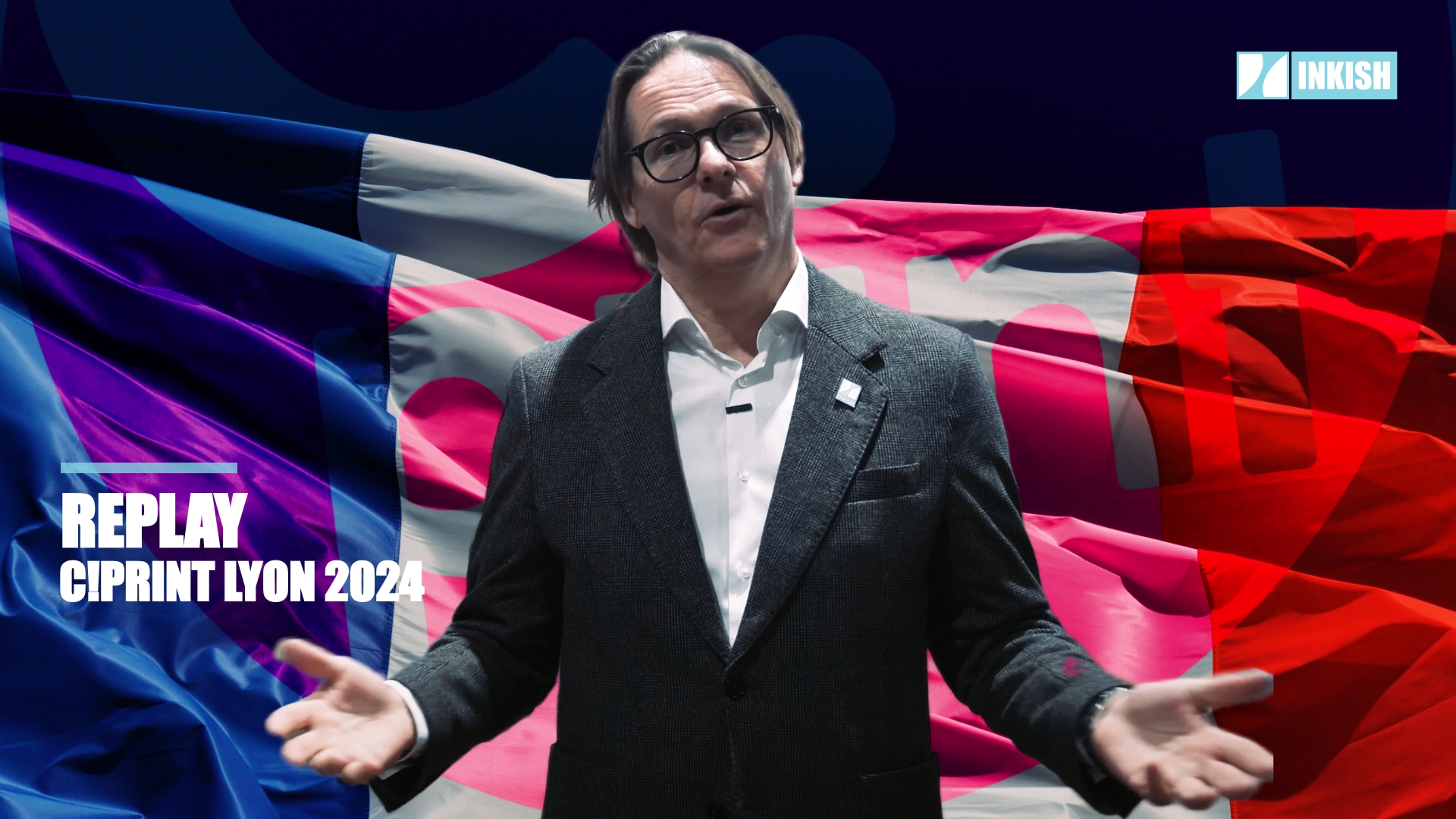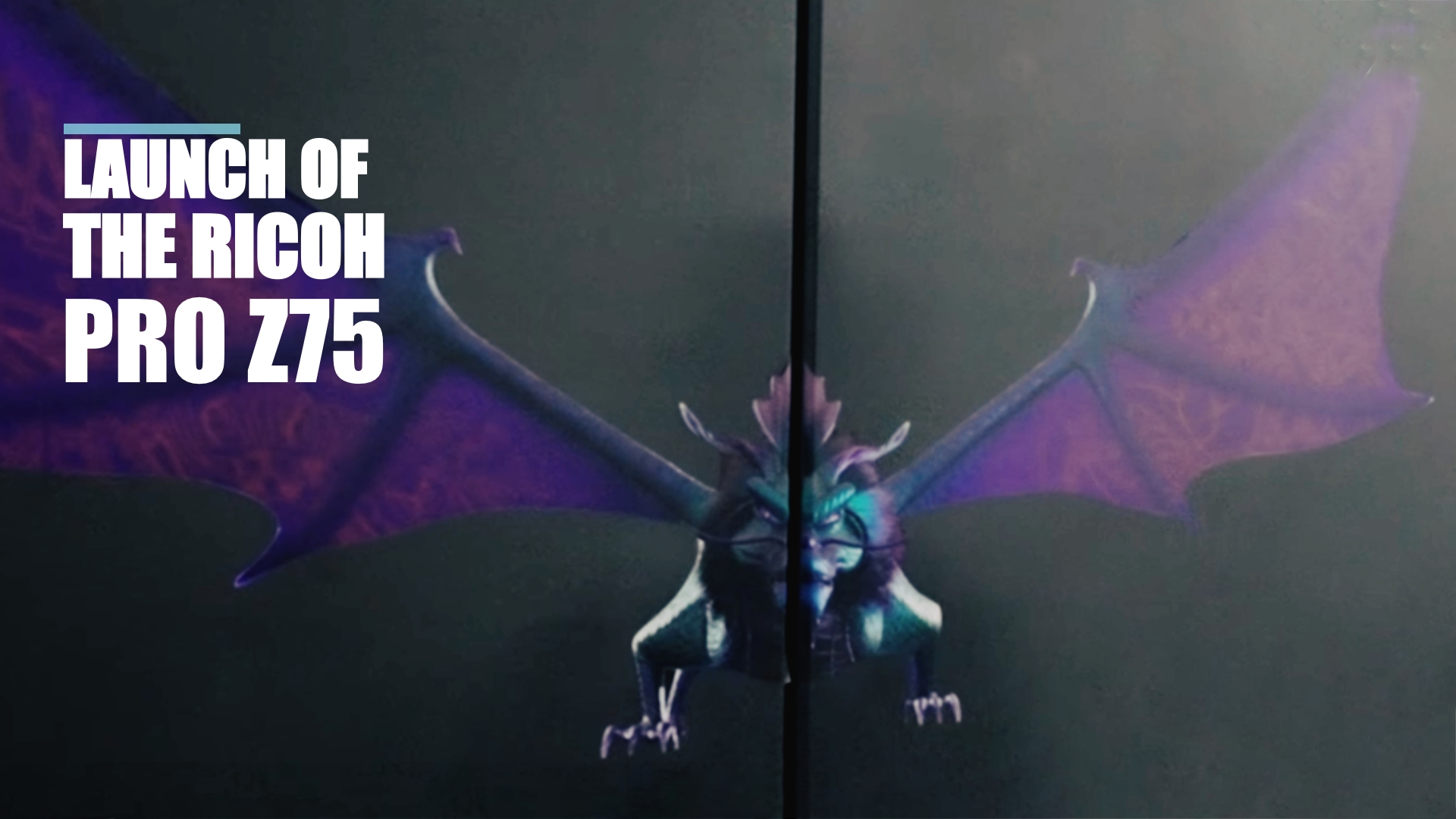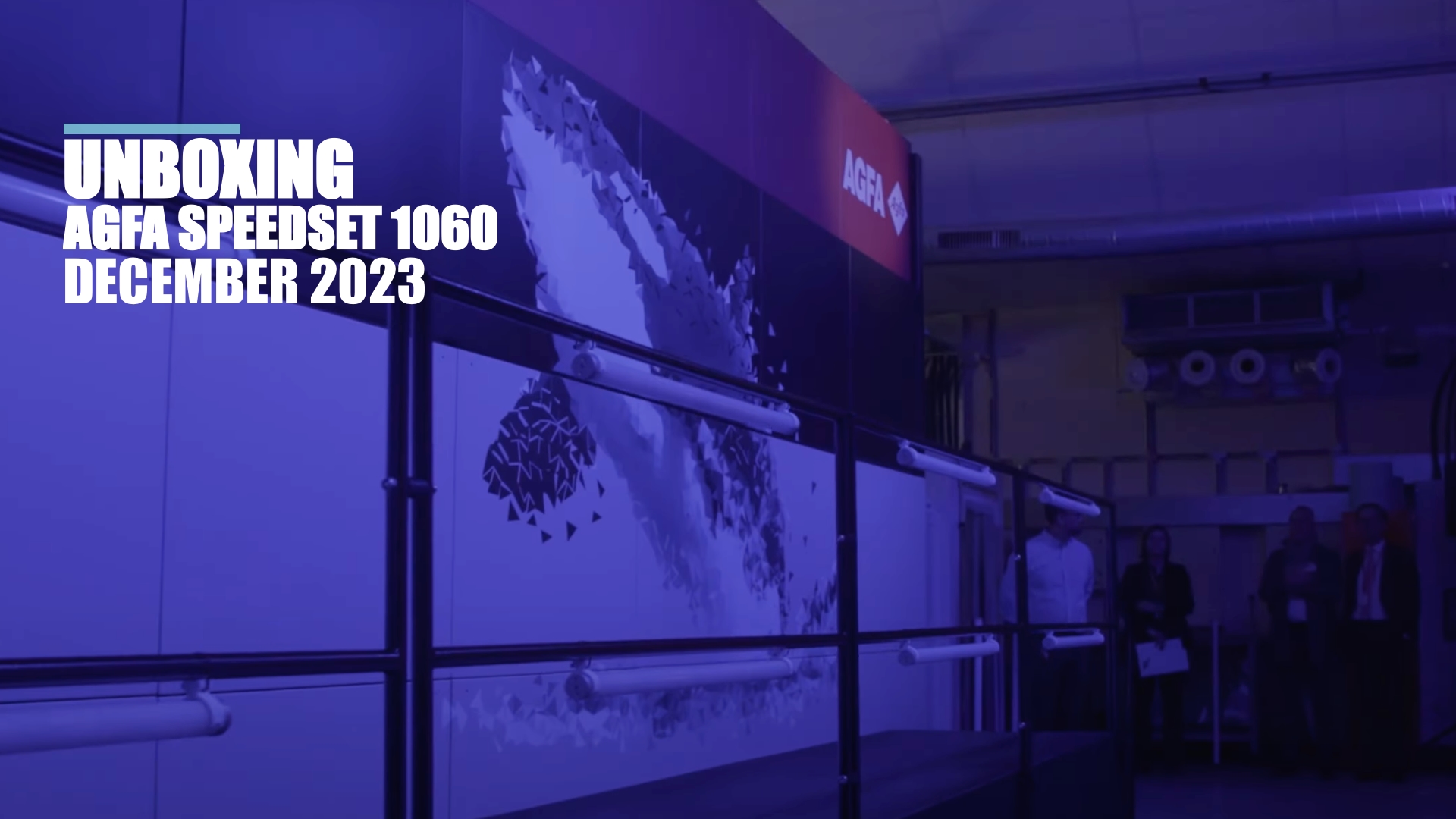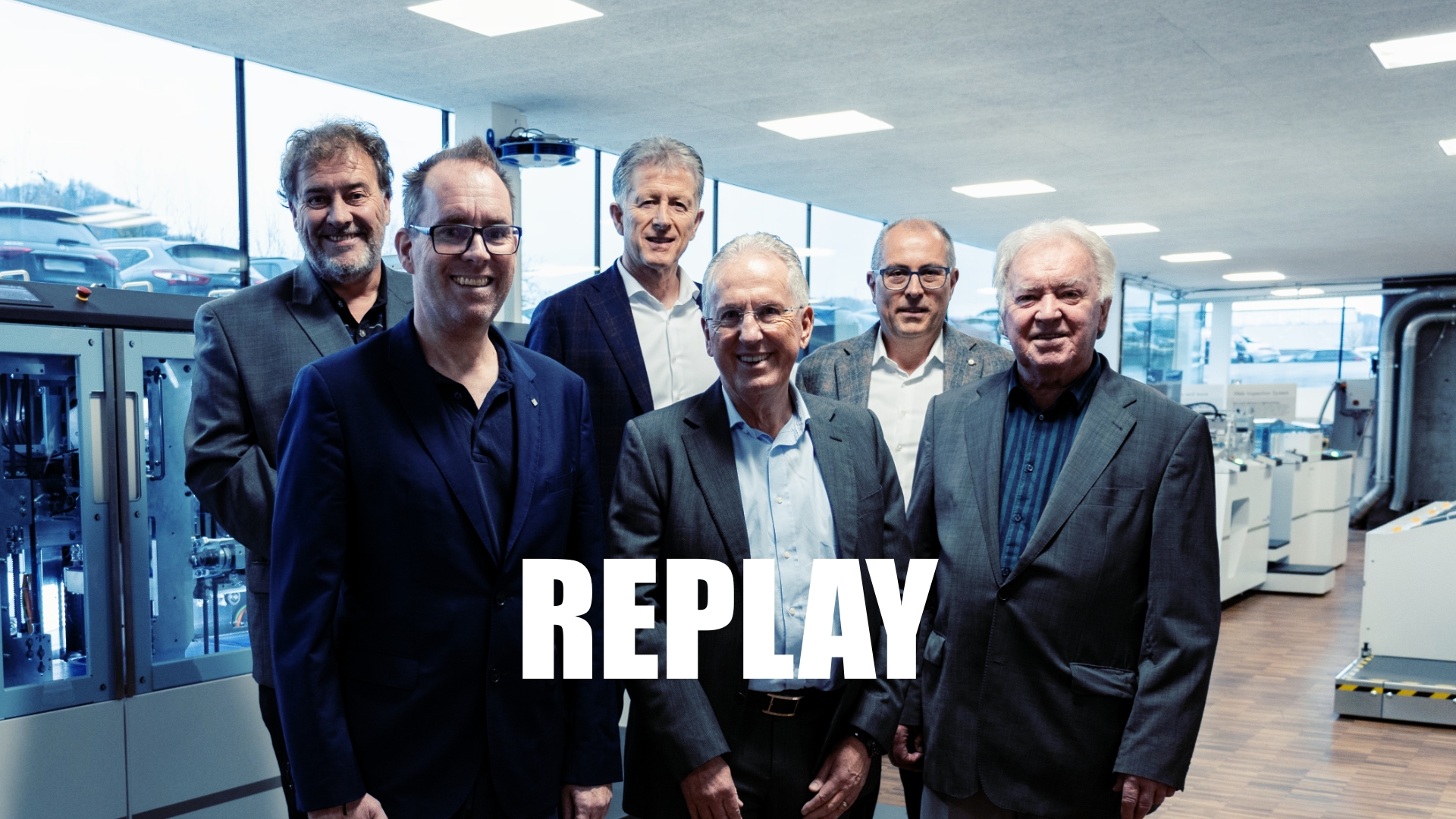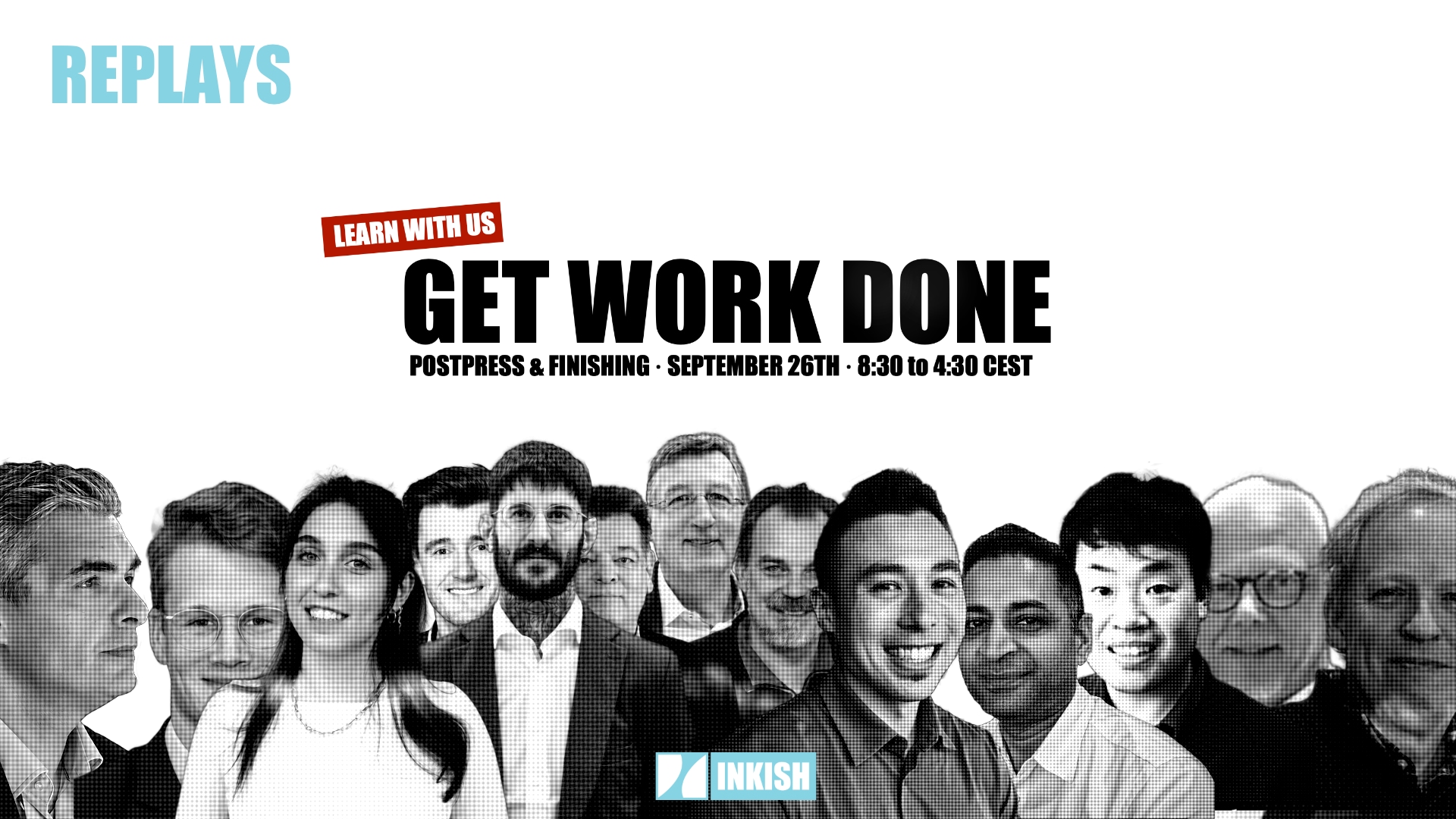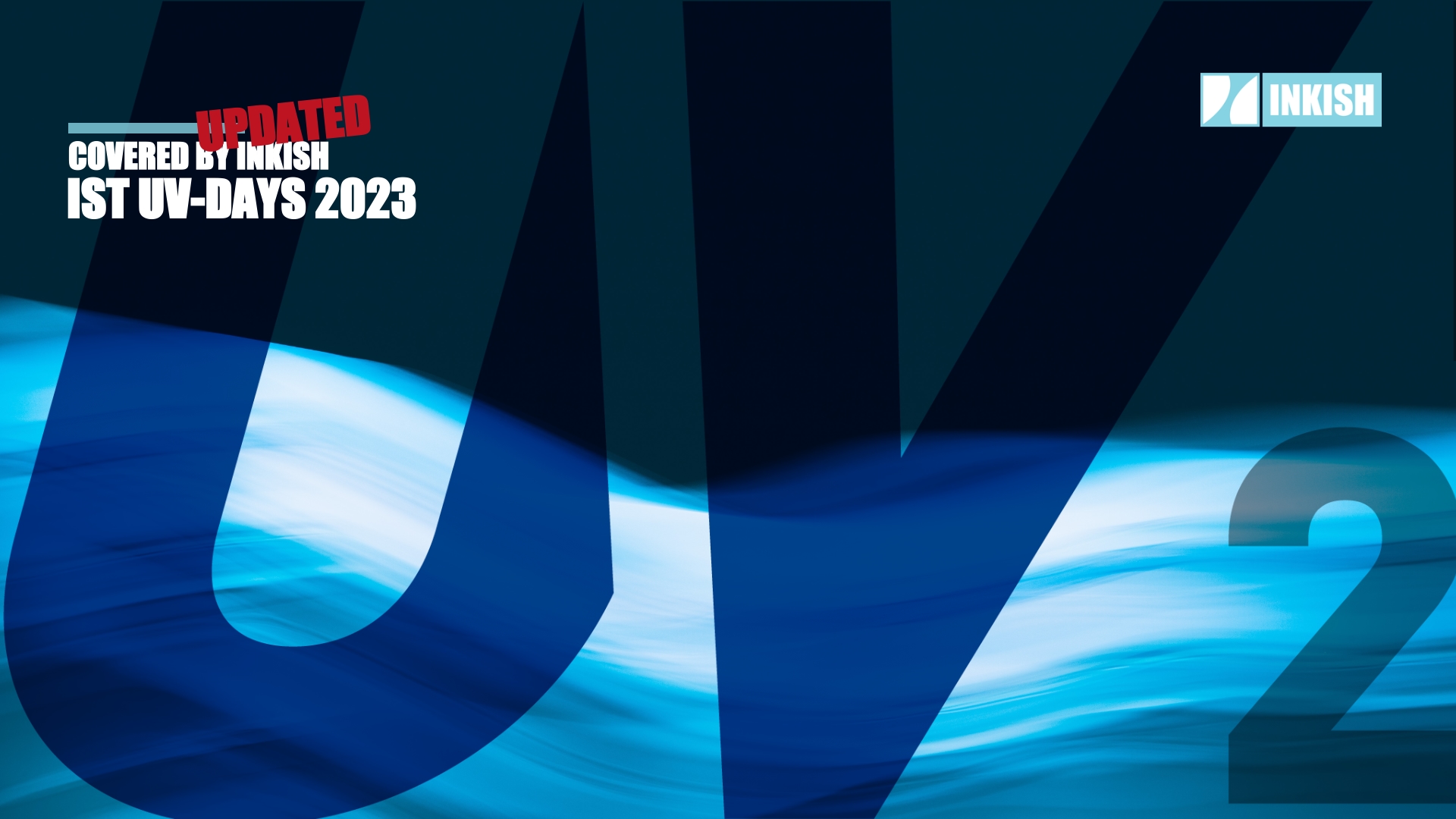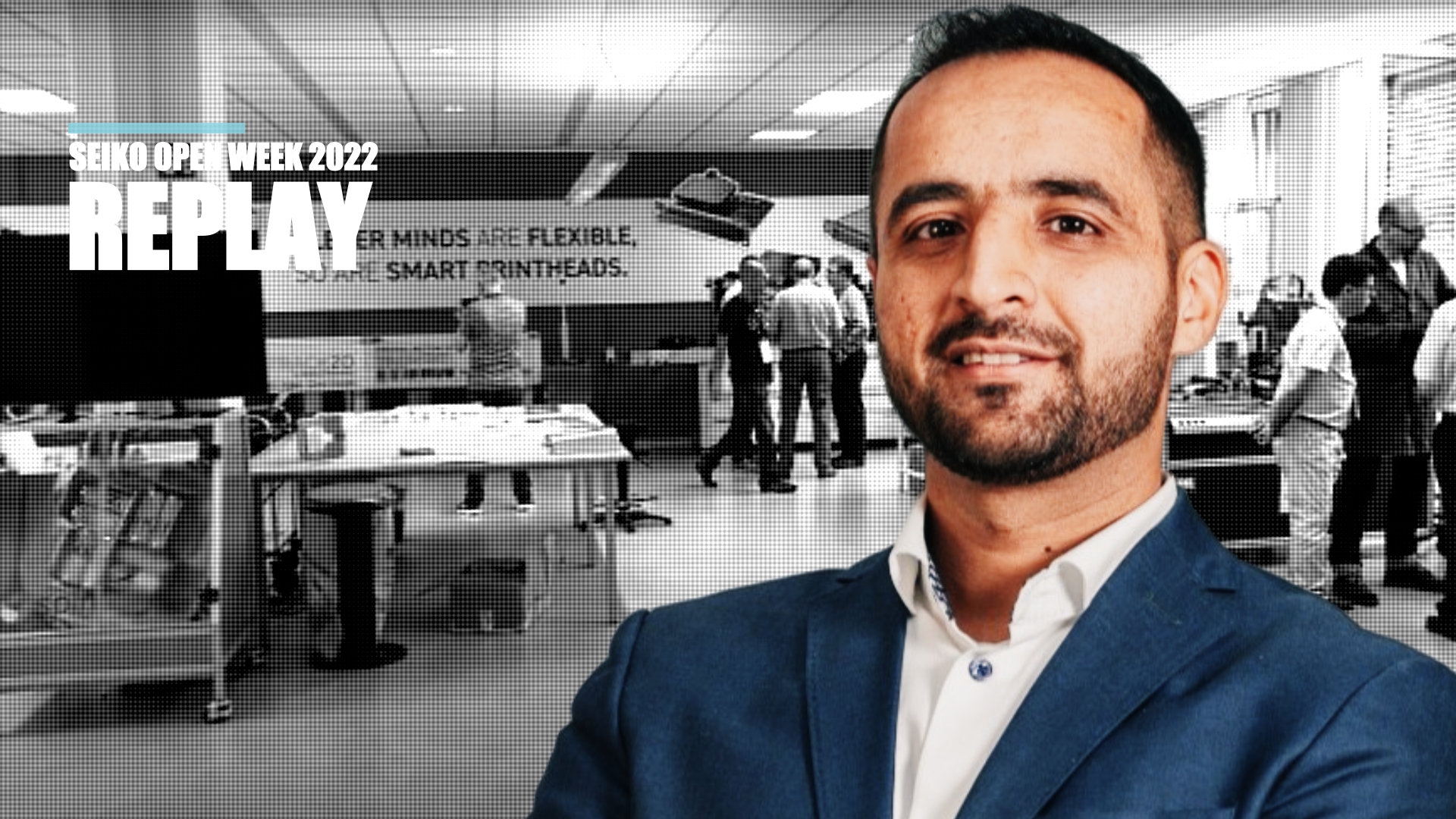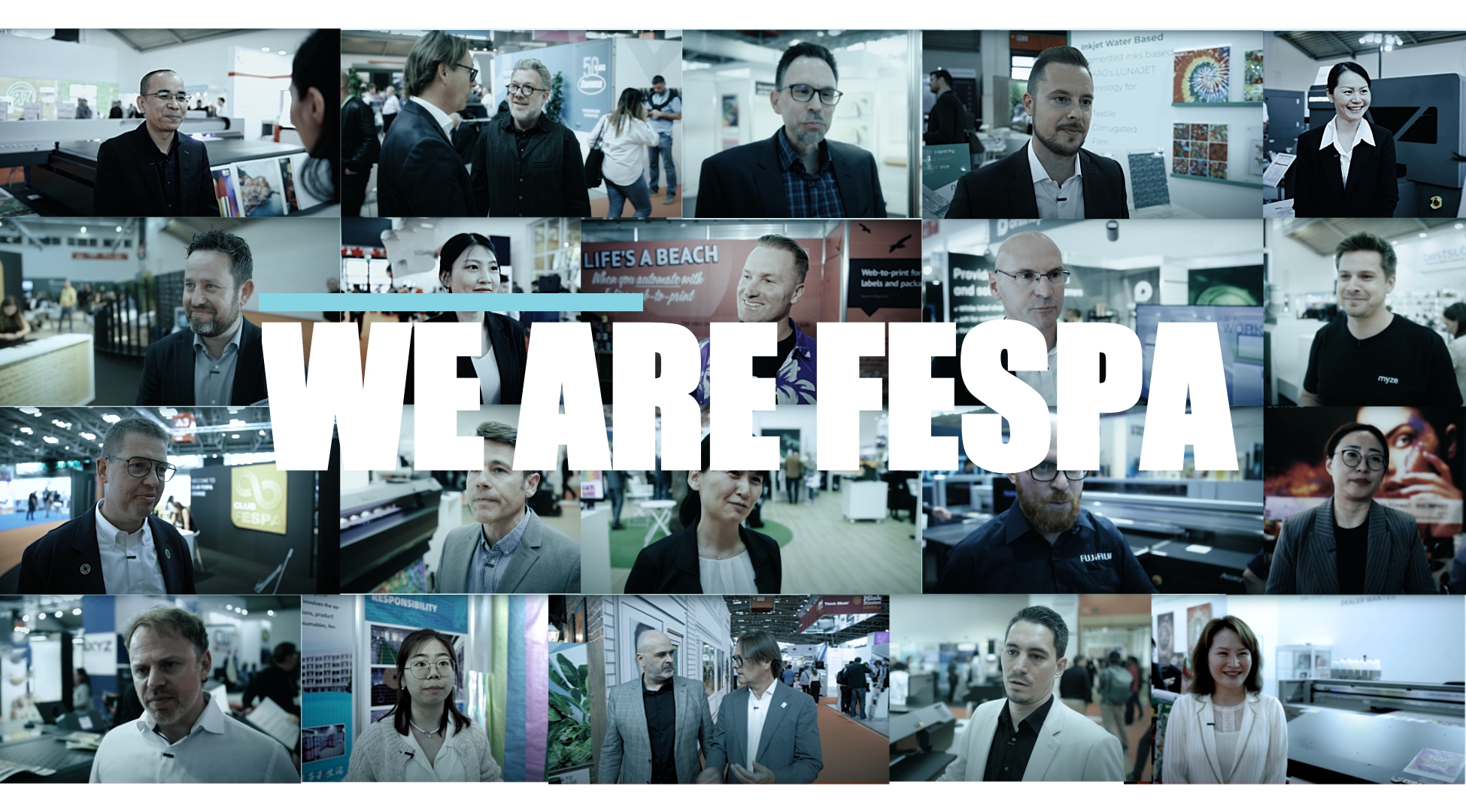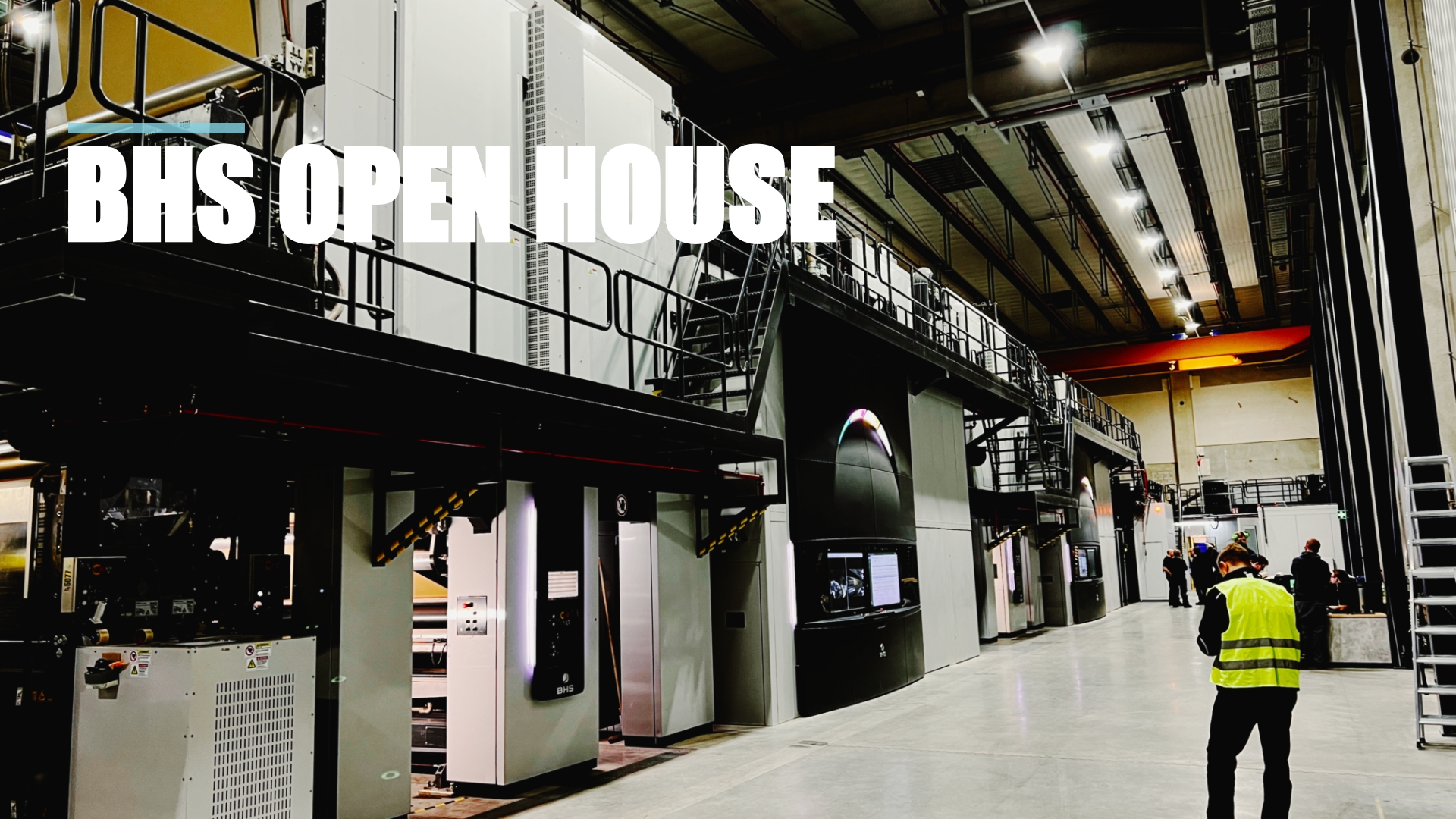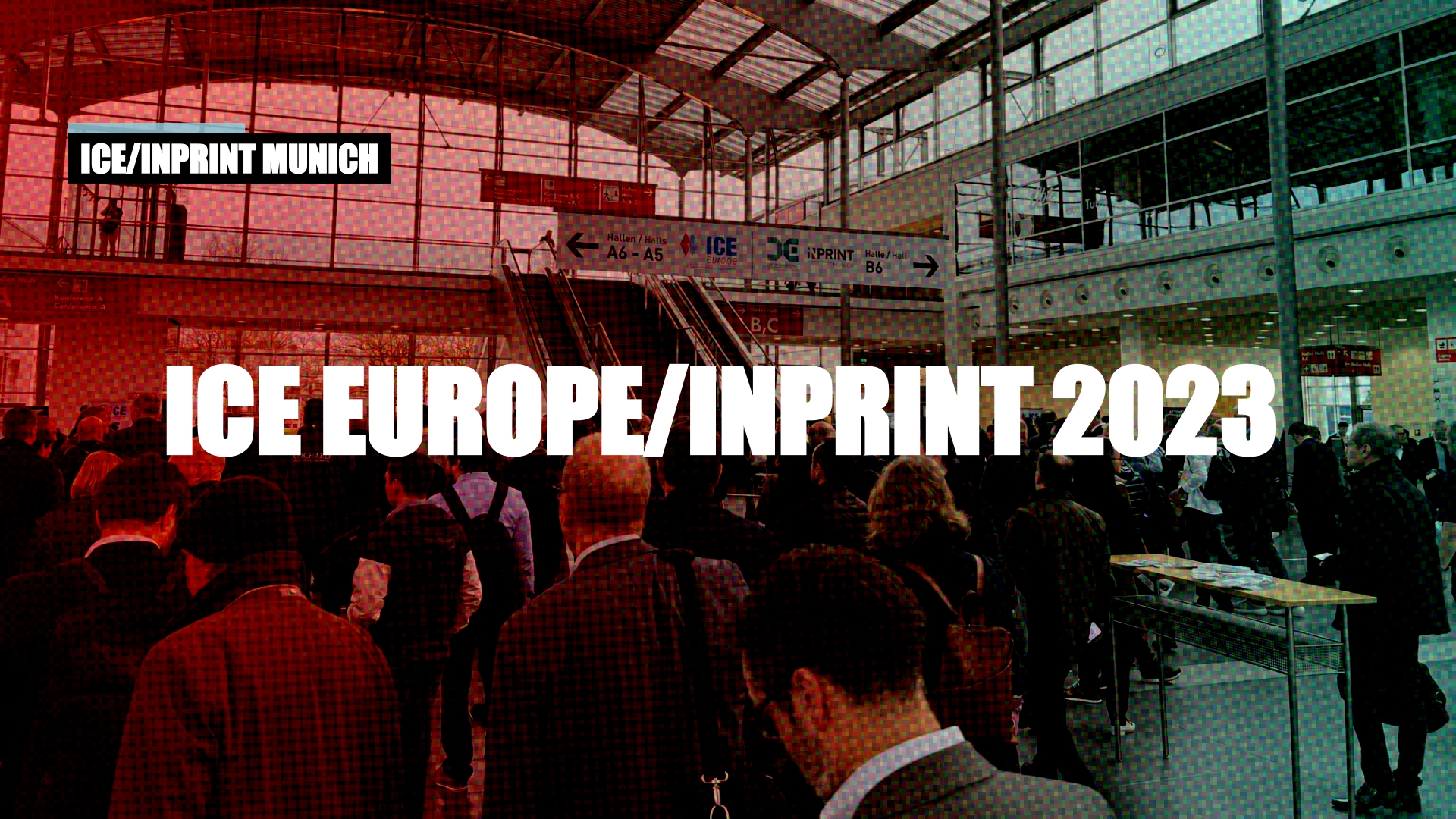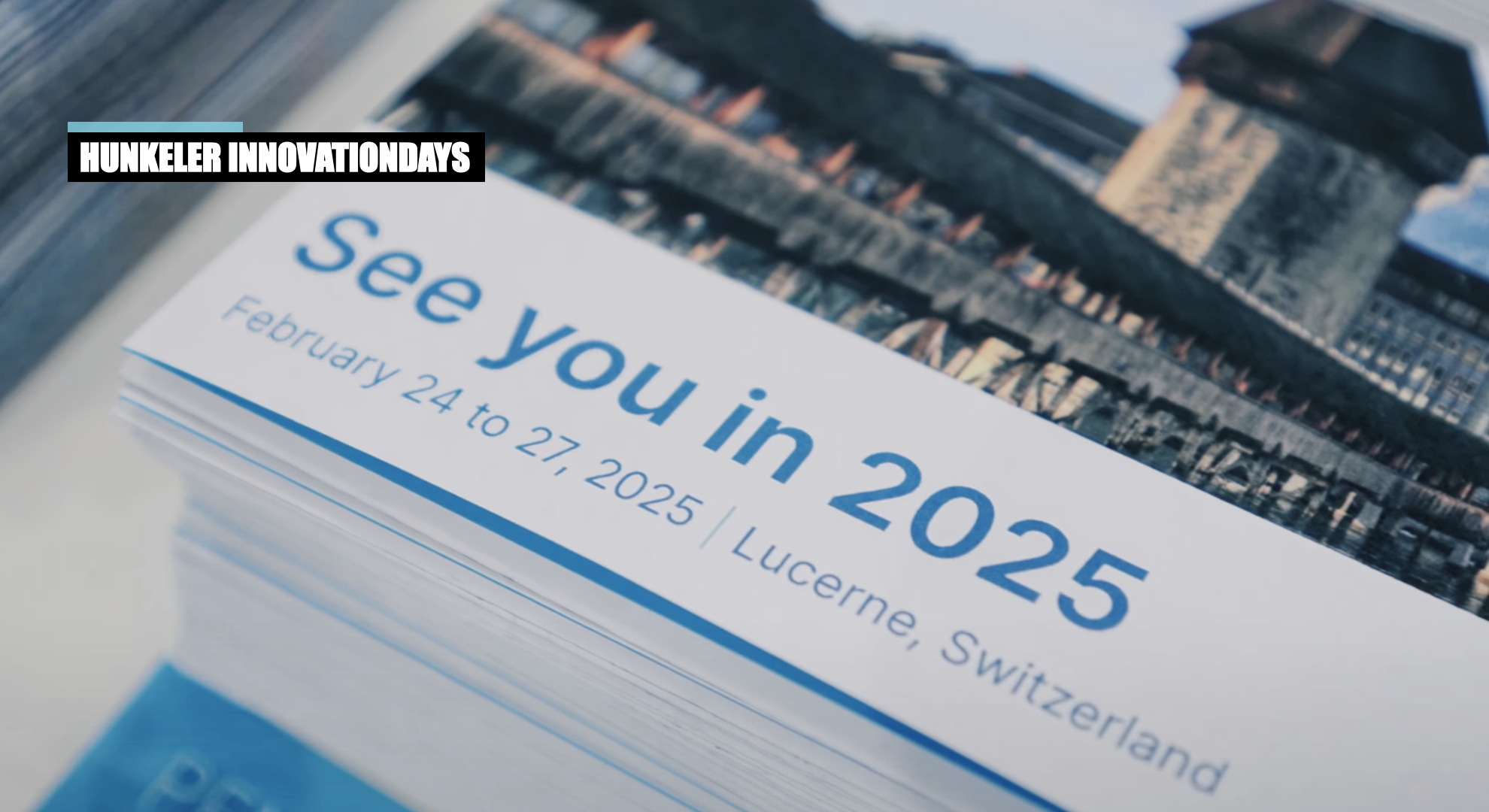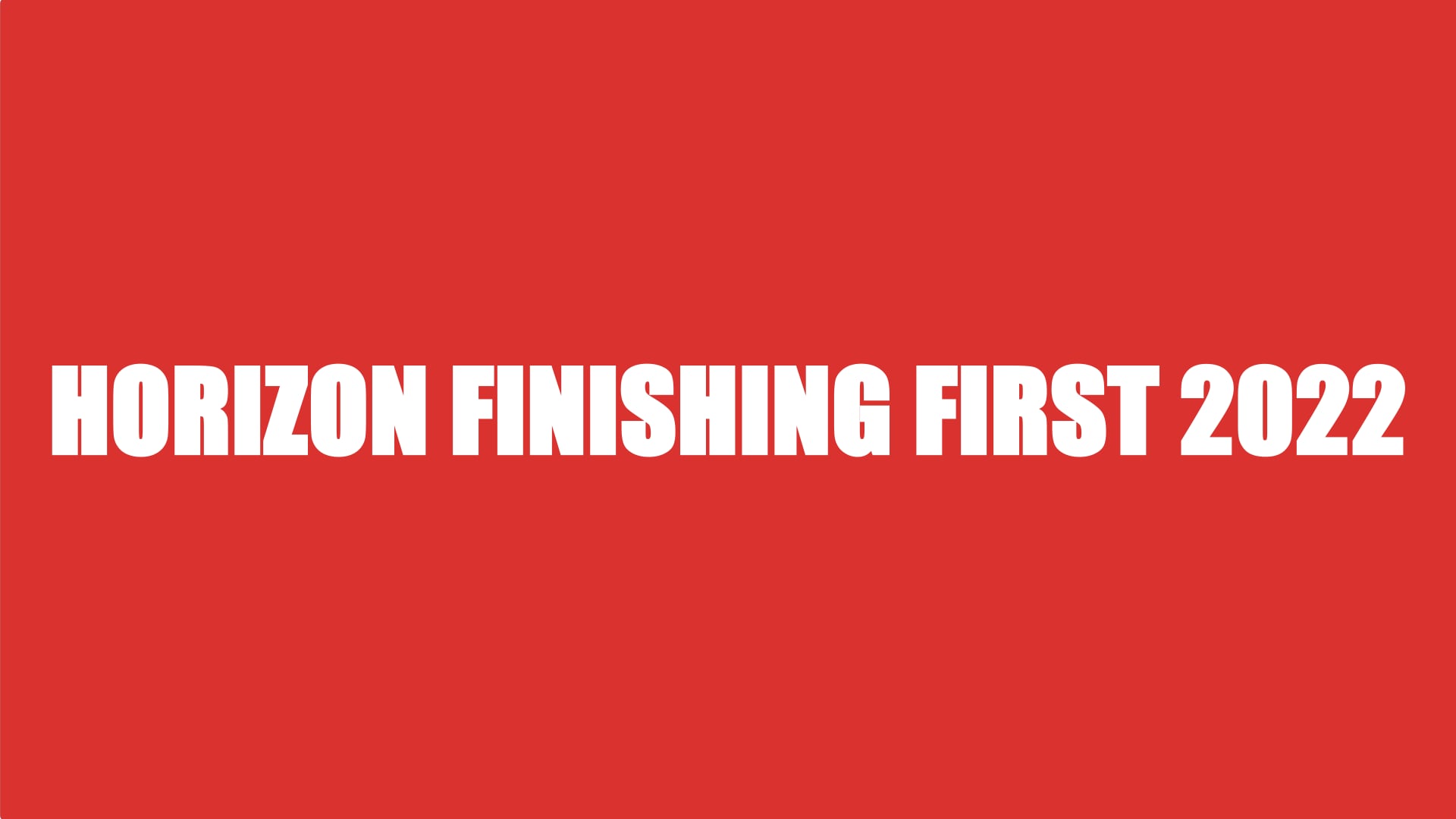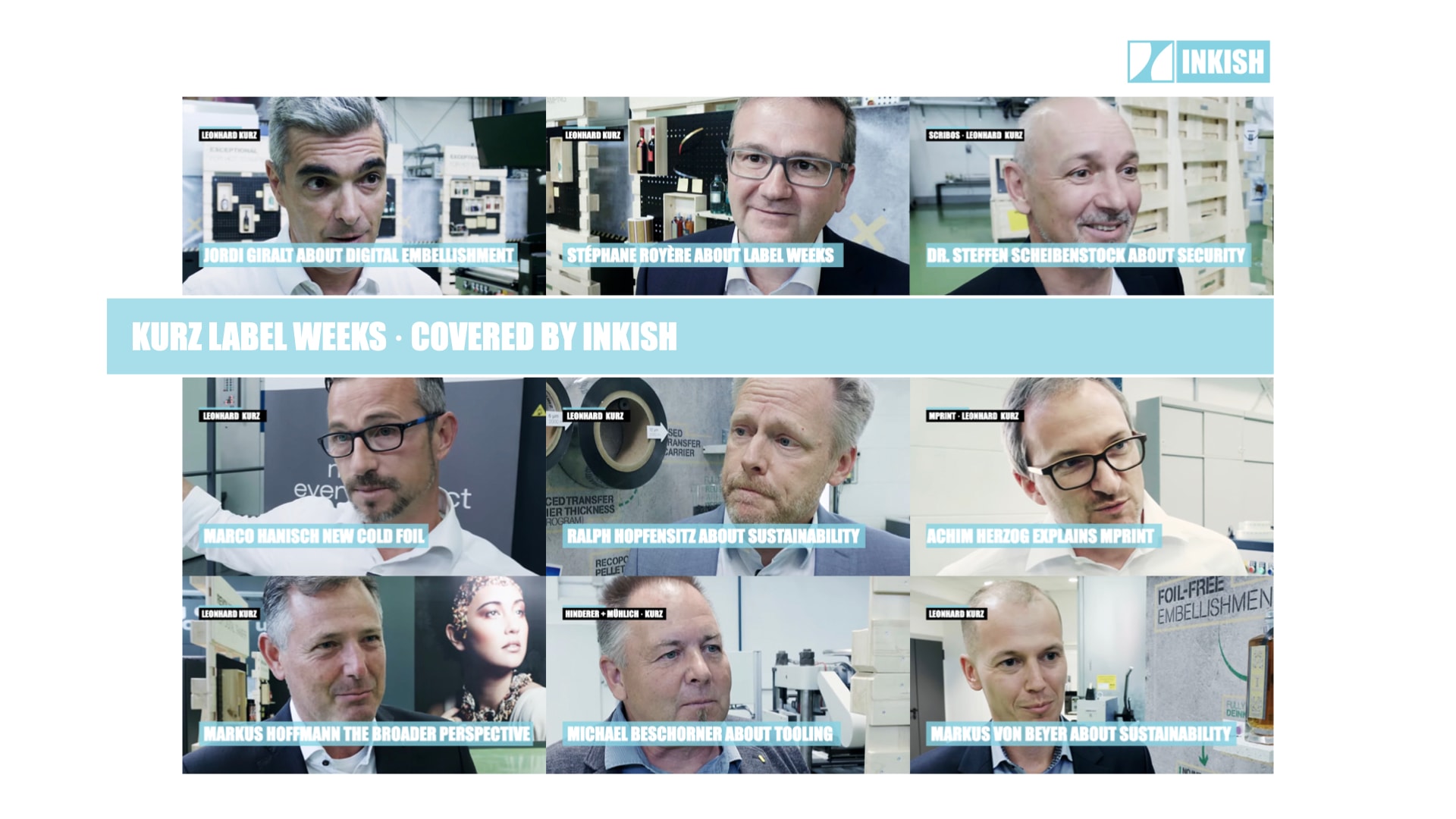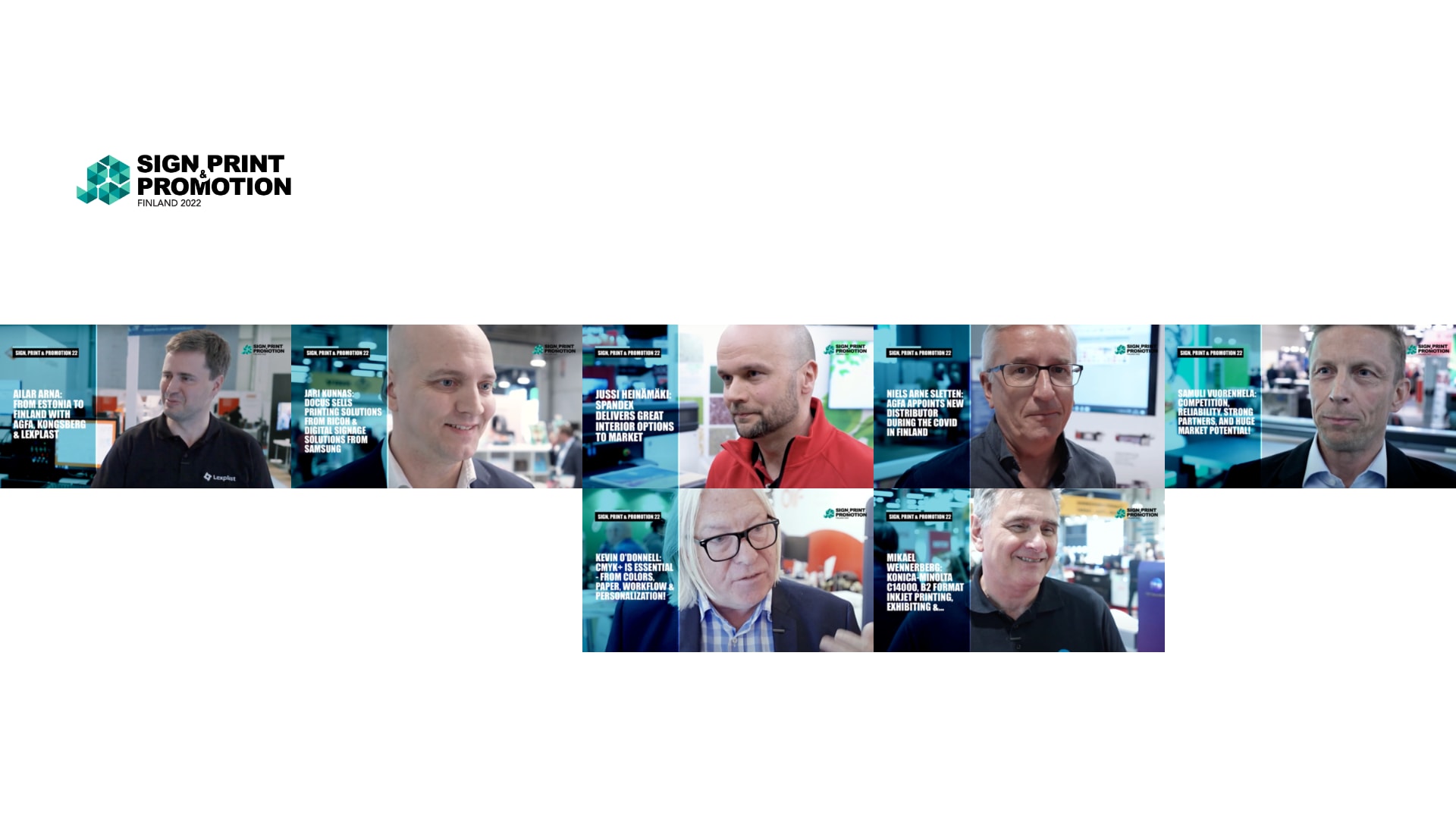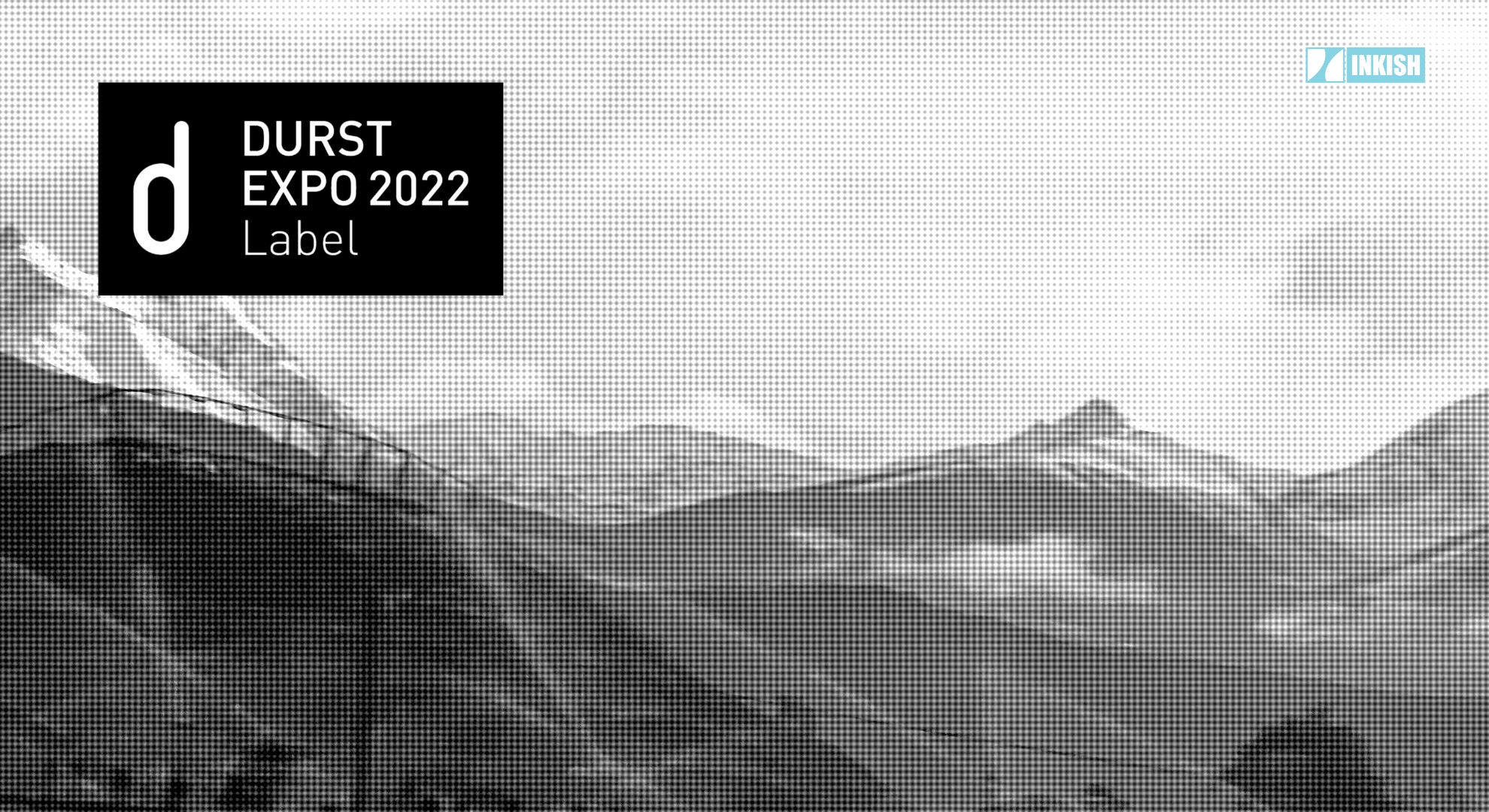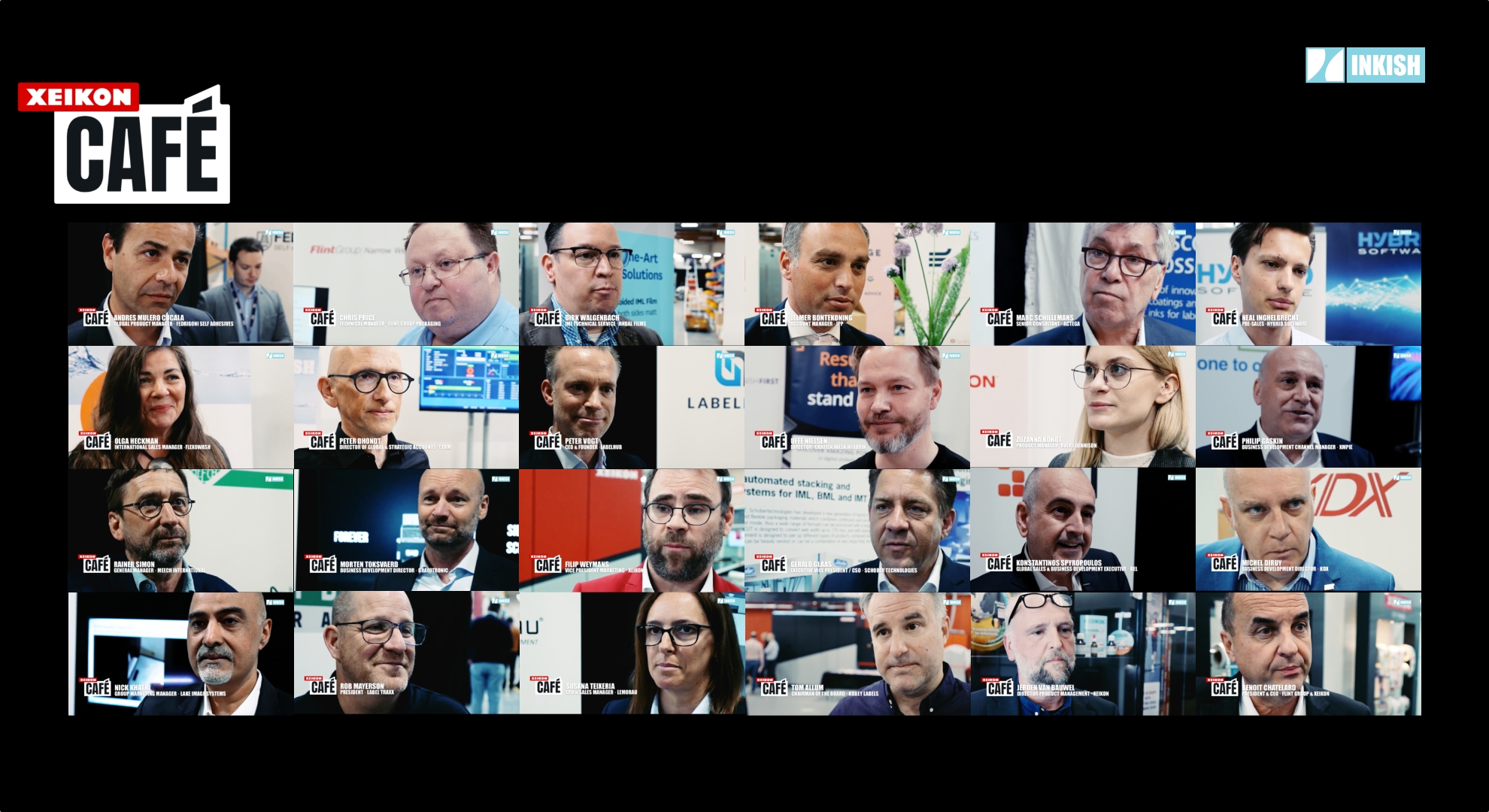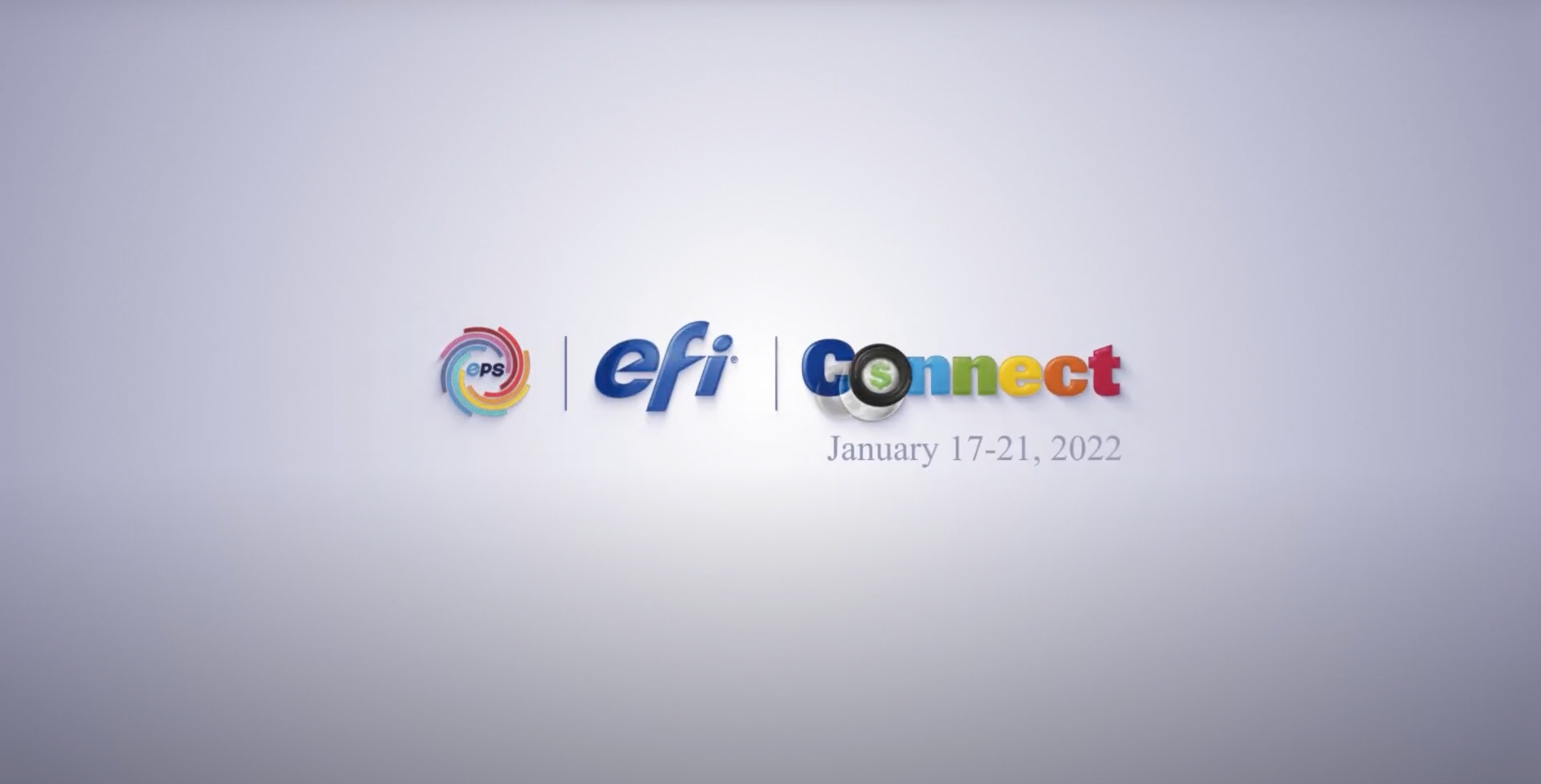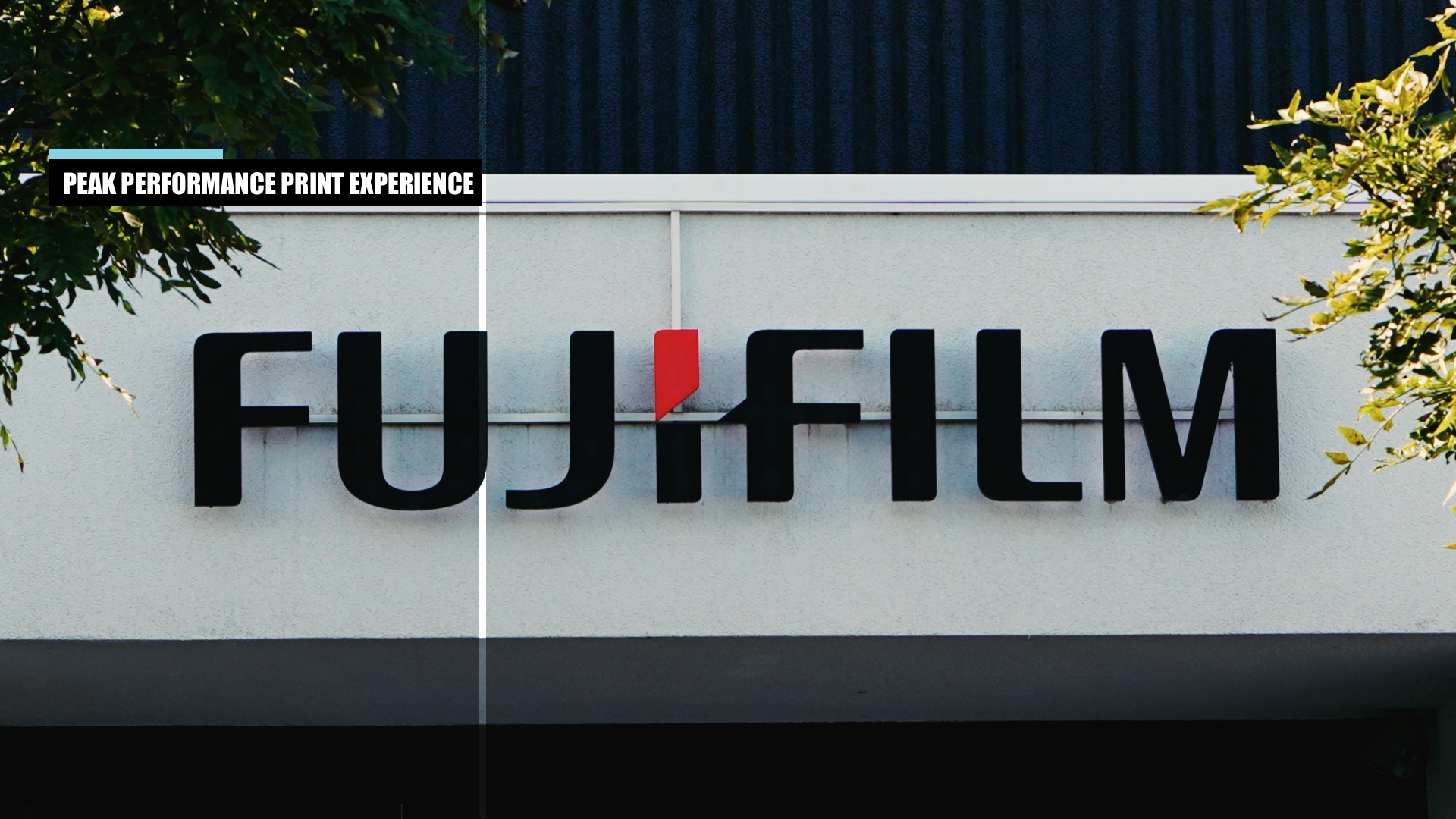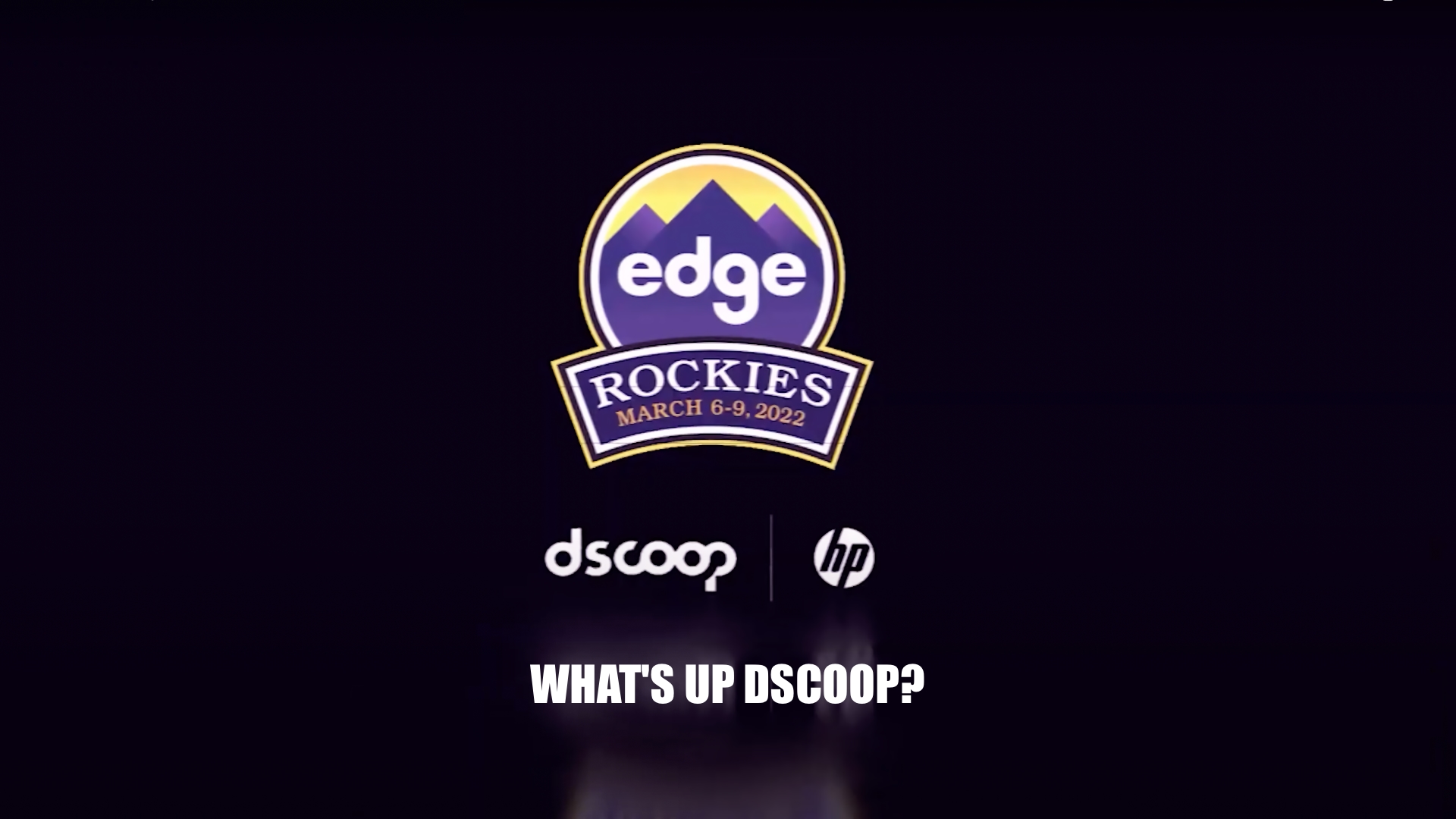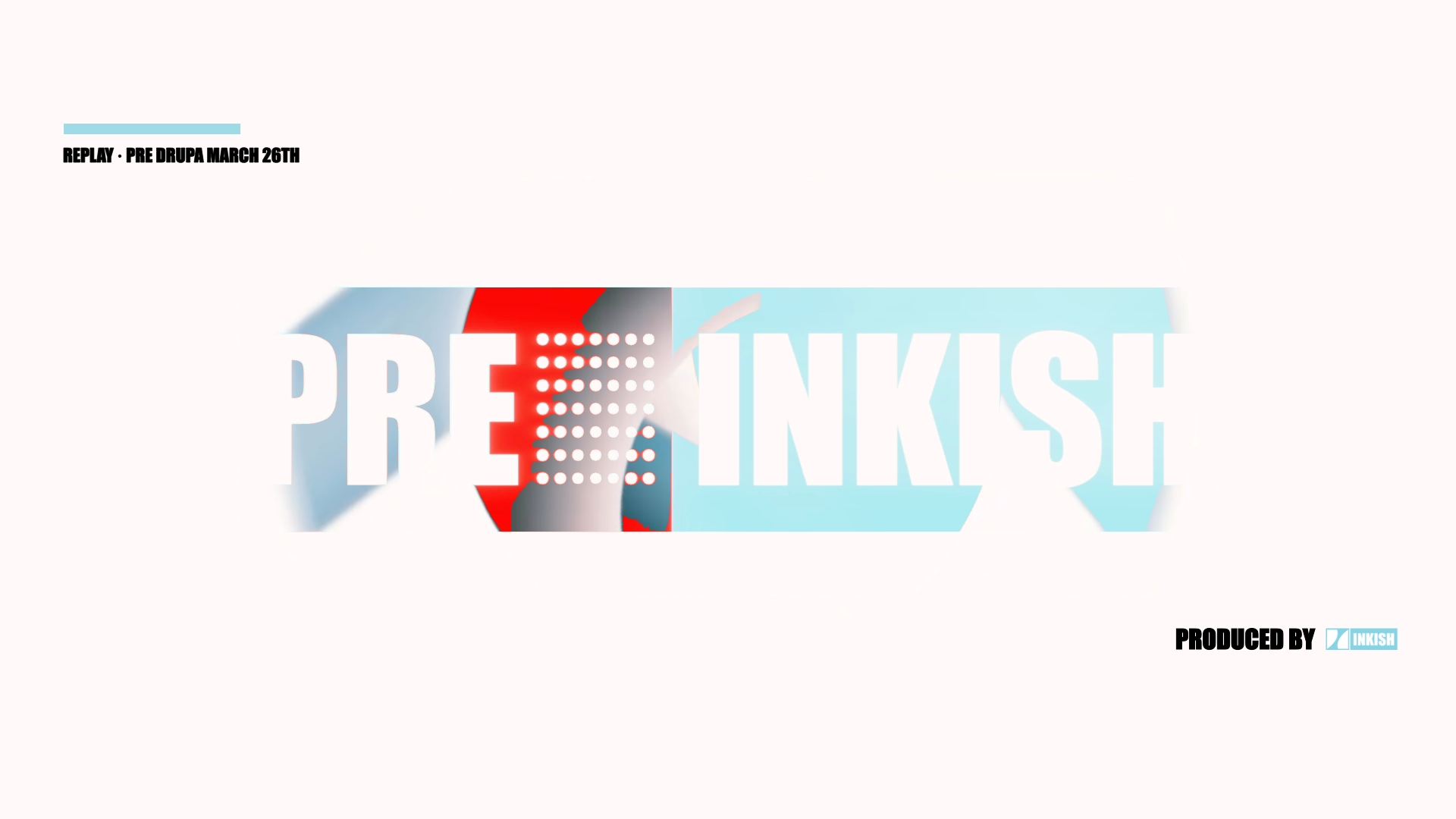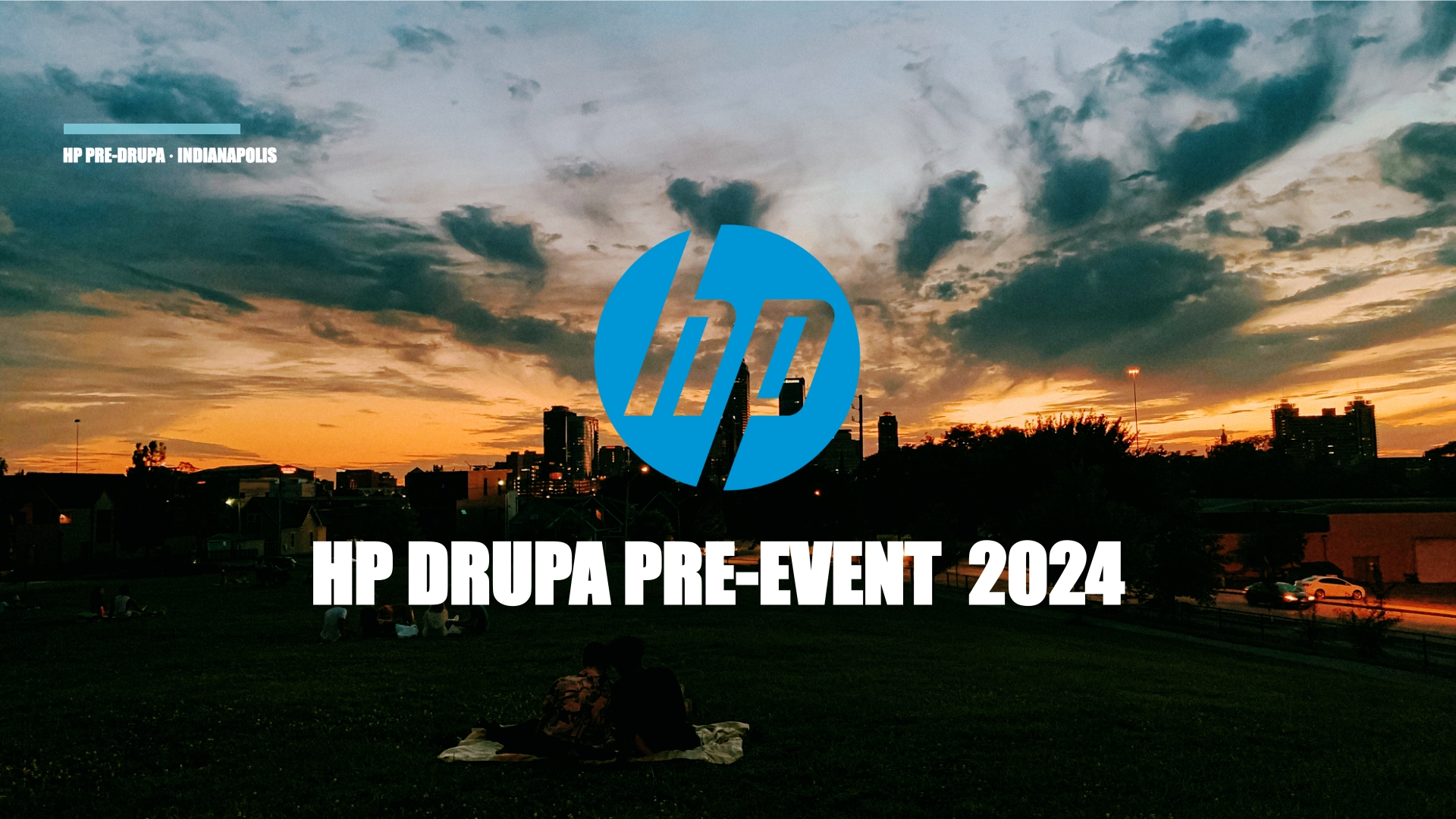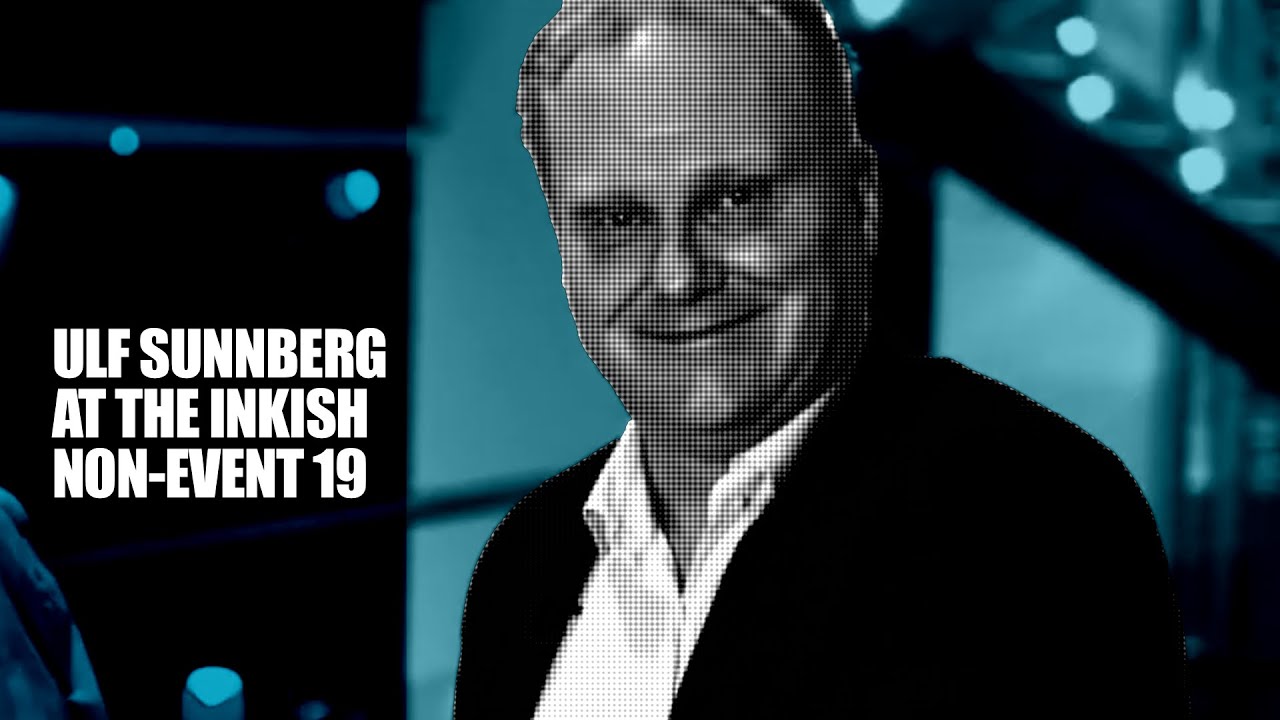Ulf Sunnberg at the INKISH NON-EVENT 2019 · Copenhagen
INKISH hosted for the first time ever our NON-EVENT. The Non-event is celebrating the people that have been in front of the camera, or been supporting INKISH during the past years. This is a new recurring event, and the idea is to give space for the people we have featured to connect in a new way. We invited 150 people, and 32 decided to join us. Our guests came from Japan, Canada, USA, UK, Belgium, Sweden, and Denmark – and we are confident that next year, even more, will come.
We asked most of our participants to talk LIVE during the dinner – and here is Ulf Sunnberg from Sweden. We have to put this first – Ulf Sunnberg is our new Country Director of INKISH Sweden, and we are so happy that Ulf, Magnus, Ola, and Anders have decided to join forces with us for the Swedish, and Norwegian market. But Ulf has an extensive background as a consultant, as the founder of the Grafkom network, and very active in Workflow Summit and PrintNext in Sweden – and now also with INKISH Sweden. Thank you, guys!
Enjoy!
I am so pleased to welcome…
How are you?
This is our country director of INKISH Sweden, right?
Yes, it is.
Ulf Sunnberg, also known from Grafkom, from Print Next, from Workflow Summit, and from… You’re a consultant, as well?
Sure.
I mean, you are a busy man. Right?
I am.
Thank you very much for taking time to get to Copenhagen. It was really an honor to have you here.
And I’m honored to be here.
INKISH, what does that mean to you?
It means a lot, because I think INKISH is an opportunity for the whole industry to get more visibility and to get noticed in the world of communication.
So when I approached you in asking you and your team to become partners with us in Sweden, we really believe that INKISH needs to be local in Swedish, in Danish, in German, whatever language.
Yes.
I mean, it’s a leading question, but do you think that’s important at all?
To be local, you mean?
Yep.
Absolutely. I think, I mean, local is part of the global and I mean, you can do it in many ways, but I think the language is important. The culture is important for every industry. So it has to be done locally. But equally, it is important that it’s done globally.
The reason why I’m asking is because I think that, since we started, we wanted to do this in English, but I think it’s, for me and for us, it’s really important that all of our content… We have now today content in Danish, in German, and English. But all the non-English versions are actually with subtitles. And that’s part of our plan. We want to make stories from Sweden in Swedish, but with English subtitles, because it’s basically from a fundamental idea that stories are not better because they are in English. But we just need to make sure that everybody understands that.
And that’s the beauty of this medium, right? Because then we can subtitle everything.
Are you leaving or something? [foreign language 00:02:18].
[foreign language 00:02:20].
So my guests are leaving on me, so that’s life.
[crosstalk 00:02:26] No, I’m here.
So the subtitling is important because then it enables the knowledge to be shared across the borders, without having the boundary of the language.
You have been working international, as well, but based in Sweden.
Yes.
Do you think there are stories in Sweden that relates to the world?
Of course.
Do you have any examples of who we should talk to? Or is that too premature?
No, it’s not too premature. I think there are a lot of Swedish companies working worldwide, in print and Danish companies and Nordic companies, in general.
And you know, sorry to interrupt you, just to remind you that when you started the Workflow Summit, that is a brilliant example. Because it started, Grafkom started more or less in a Swedish event.
A Swedish network.
It grow to [inaudible 00:03:19] and Baltic.
And now we’re global.
And now you’re global.
Yes. Well, [crosstalk 00:03:23].
But you’re global in the perspective that you have last worked for the summit was [inaudible 00:03:29] with recognized international speakers giving a lot of knowledge and information about… And that is, I think that we Nordic, maybe it’s because we’re from the Nordic, but I just think that to some extent we are way more used to actually try to educate the industry and share, because it’s been in our DNA since the Vikings, basically. Right?
Yeah, [crosstalk 00:03:52].
I know, we shared our seats in the UK, right?
Yeah, okay. Well, I wish that was that simple, but I think the Vikings strategy… We actually used the Viking strategy as one of our… [crosstalk 00:04:03] Yeah. But not only that, I think we are also very humble in many ways, because our language. So we need to understand-
Because we have a small language area.
We have a small language area, and we realize we have to know English, because otherwise, who on earth is going to understand what we’re saying?
So being a country director for English and Swedish, do you also expect to make English-speaking films from Sweden, or you think they will be all in Swedish with English subtitles?
No, not at all. I think we will, though… I mean, in many cases, yes, we will do a Swedish version.
And Norwegian, by the way.
And Norwegian. But don’t forget Norway. But also we have, let’s say, suppliers. And suppliers are part of our industry, and some of them are… Like let’s say, Pragmatic, they are very international.
We would like to have Tom [inaudible 00:04:53], please.
Yes, Tom, next time. Anyway, so Pragmatic is a very international company. Right? And of course we would do that.
And out of Sweden and [inaudible 00:05:01], right?
Yeah, absolutely. So for us, we call it new Nordic. And new Nordic means all the Nordic countries plus the Baltics.
Oh, I have never heard that expression before.
That’s new Nordic. Absolutely. New Nordic.
Okay, that’s cool. Well, we are running out of memory.
Yes. And time and everything.
So Ulf, welcome on board the family.
Thank you very much.
I look forward to working with you, and I’m sure we will do great films from Sweden.
Absolutely. Thank you.
Thank you.


